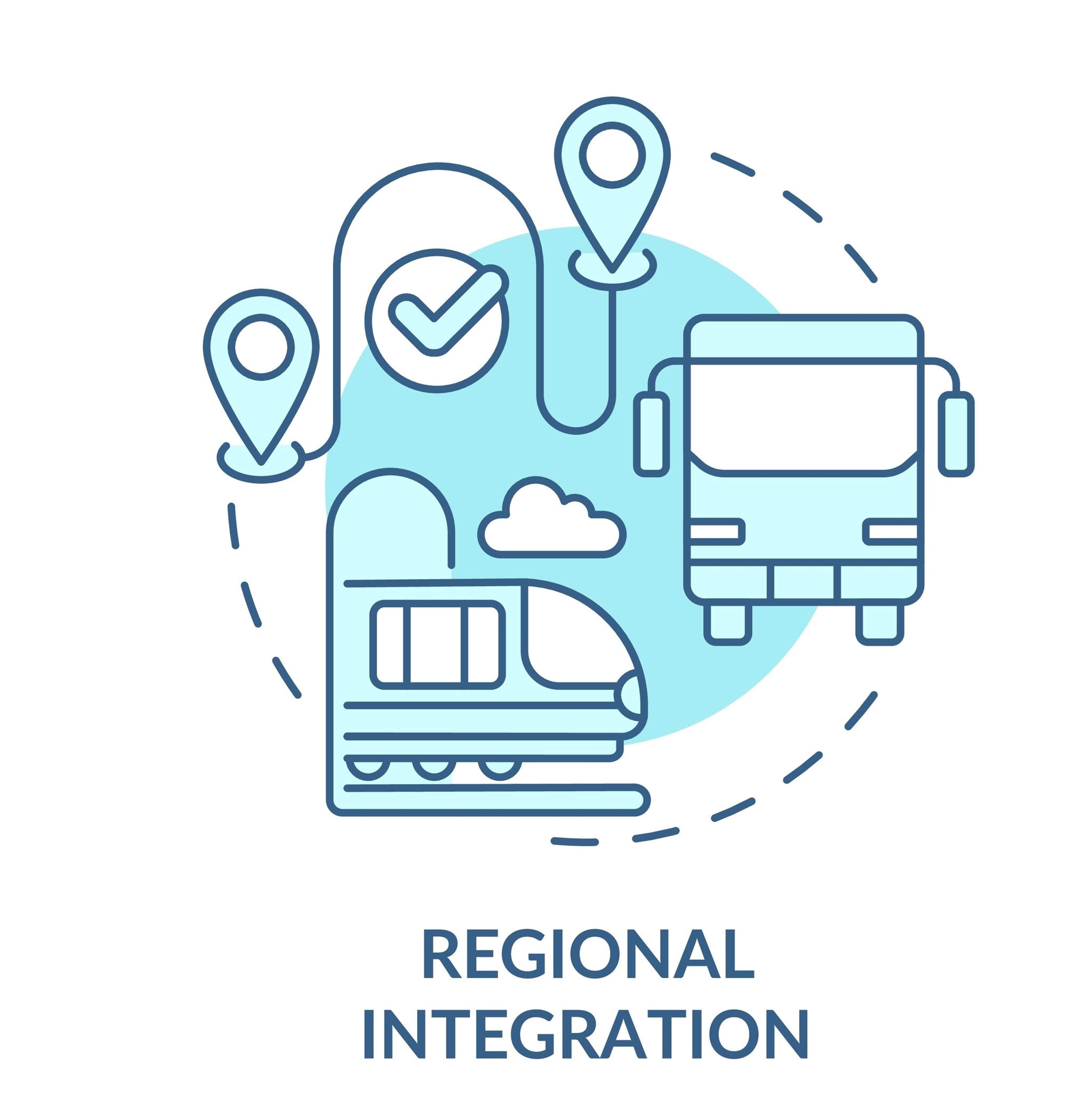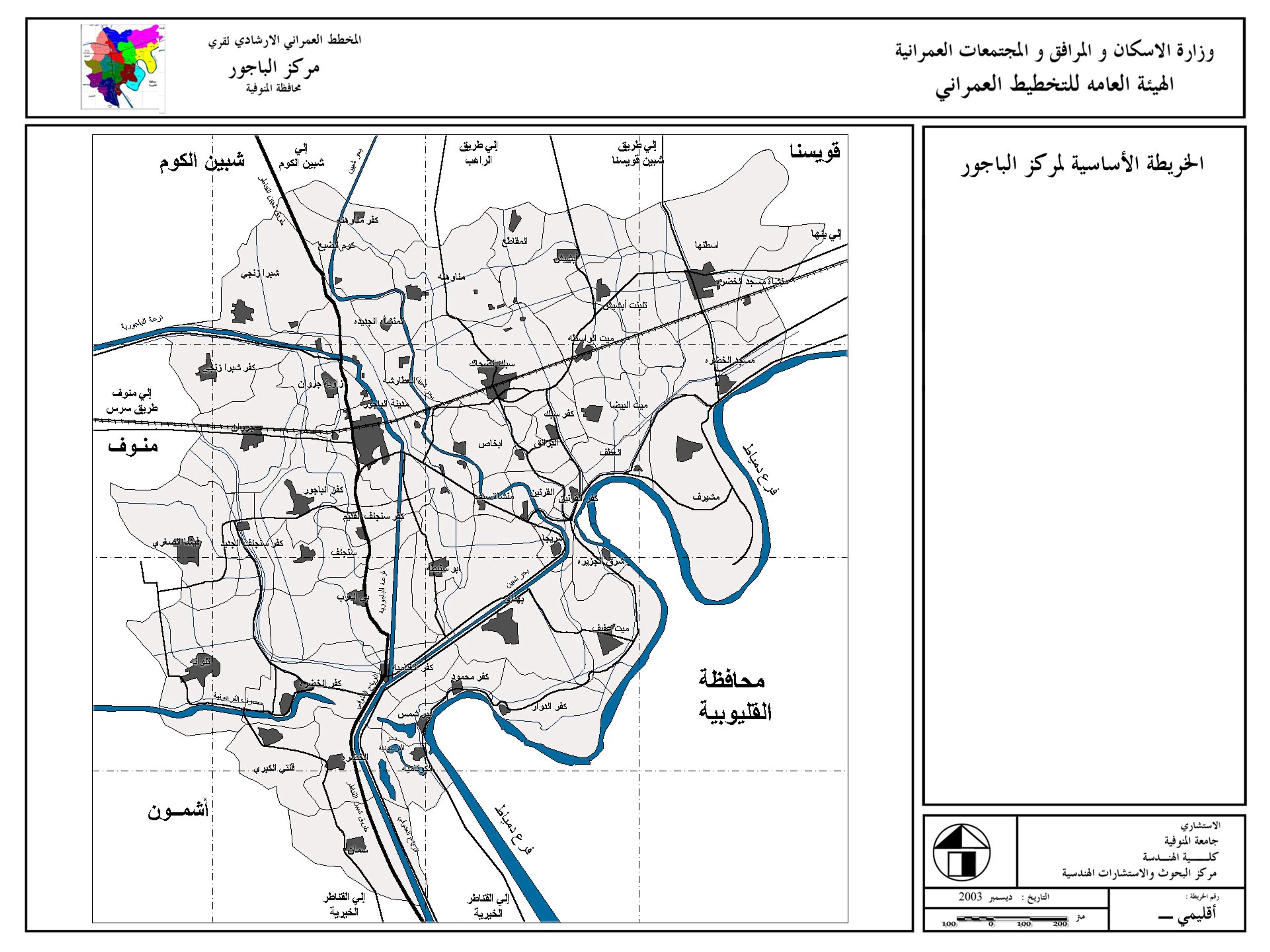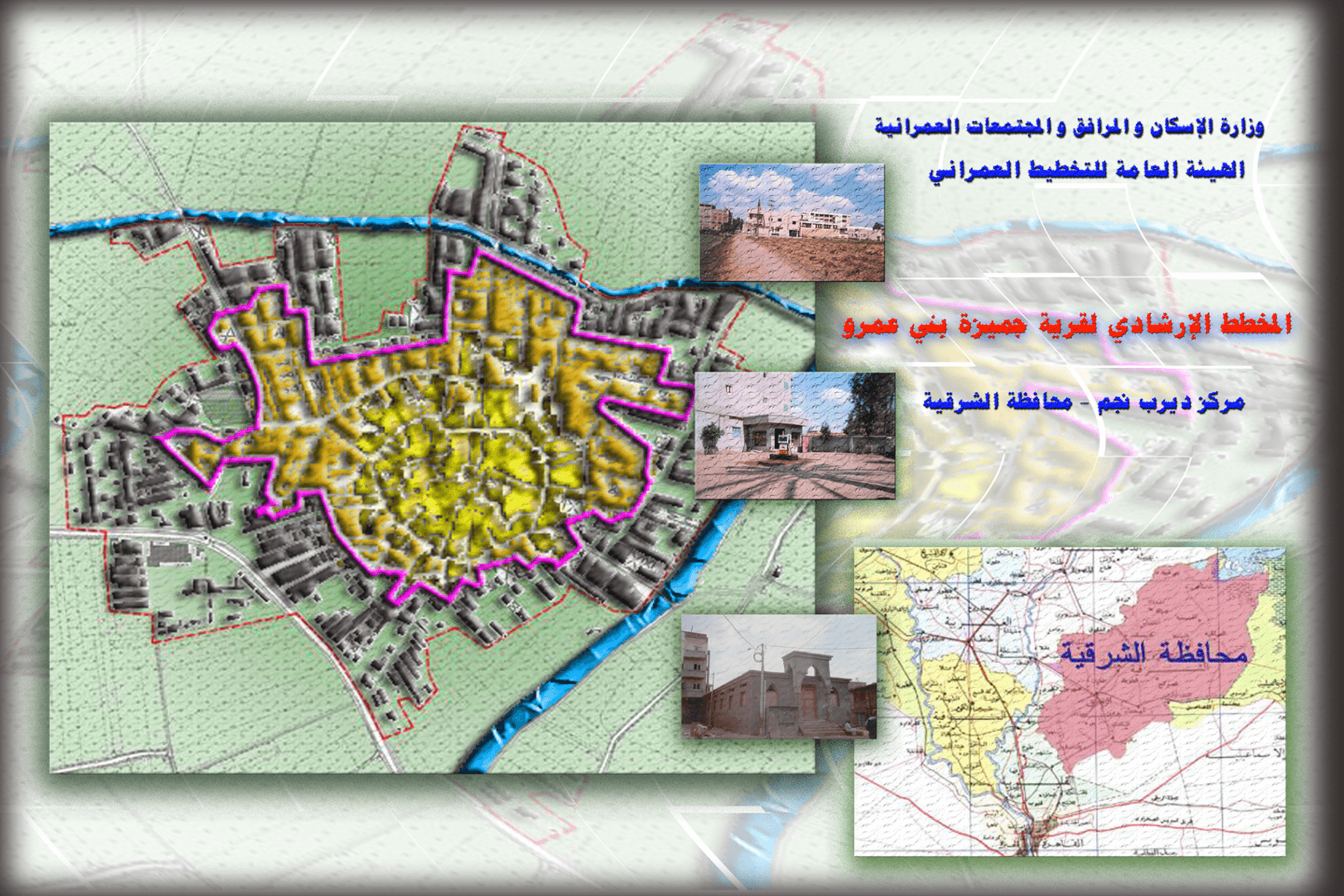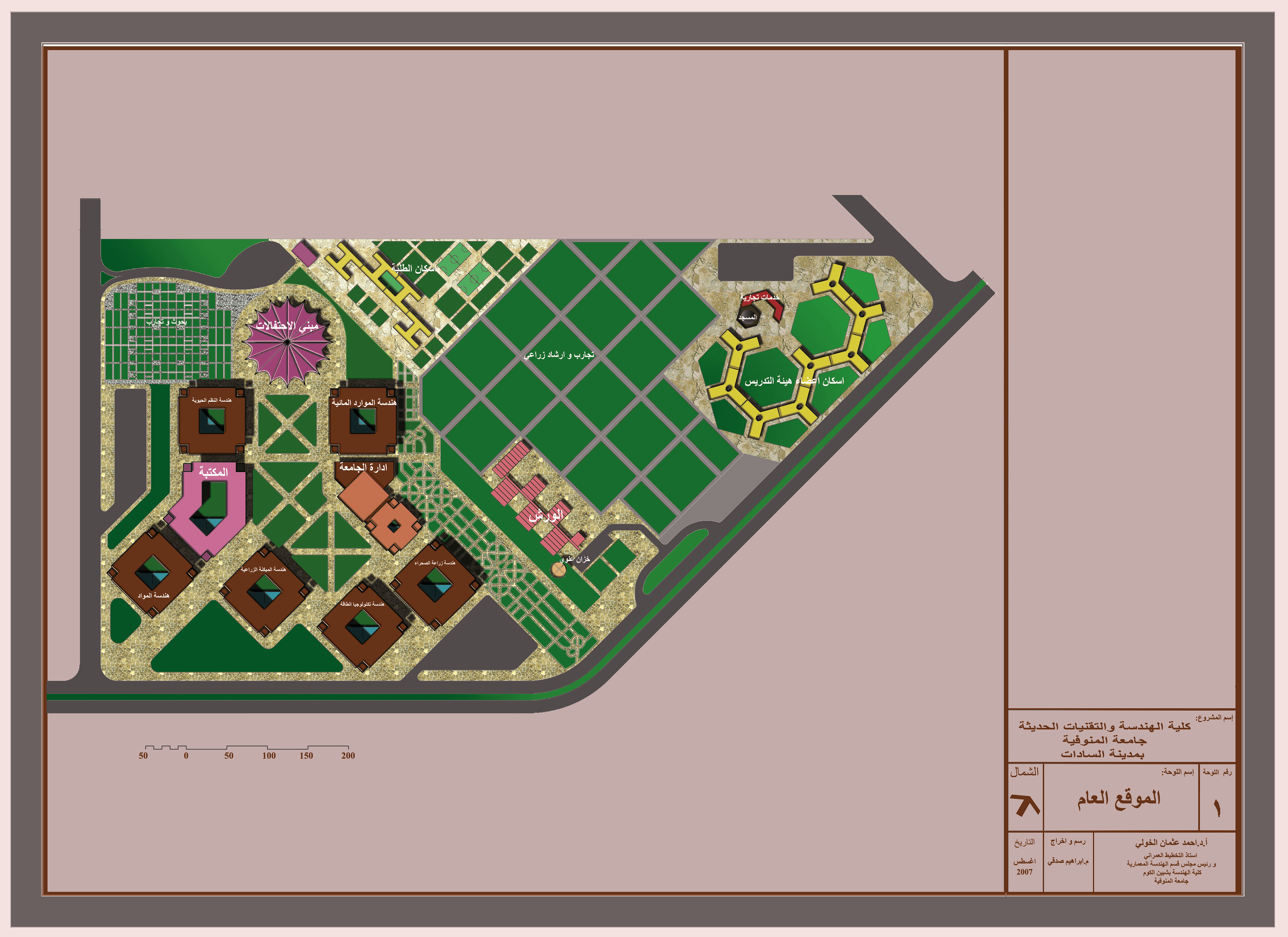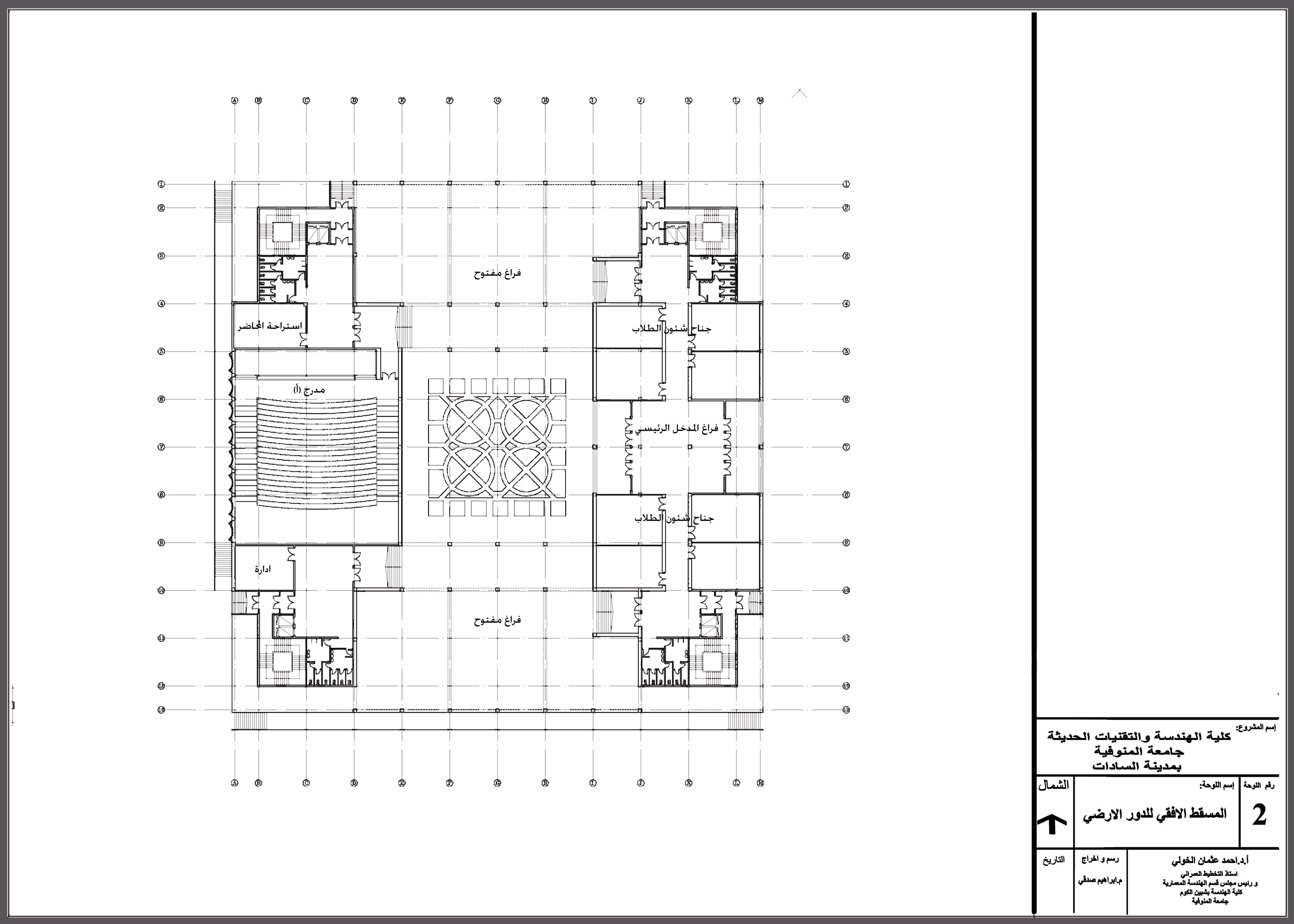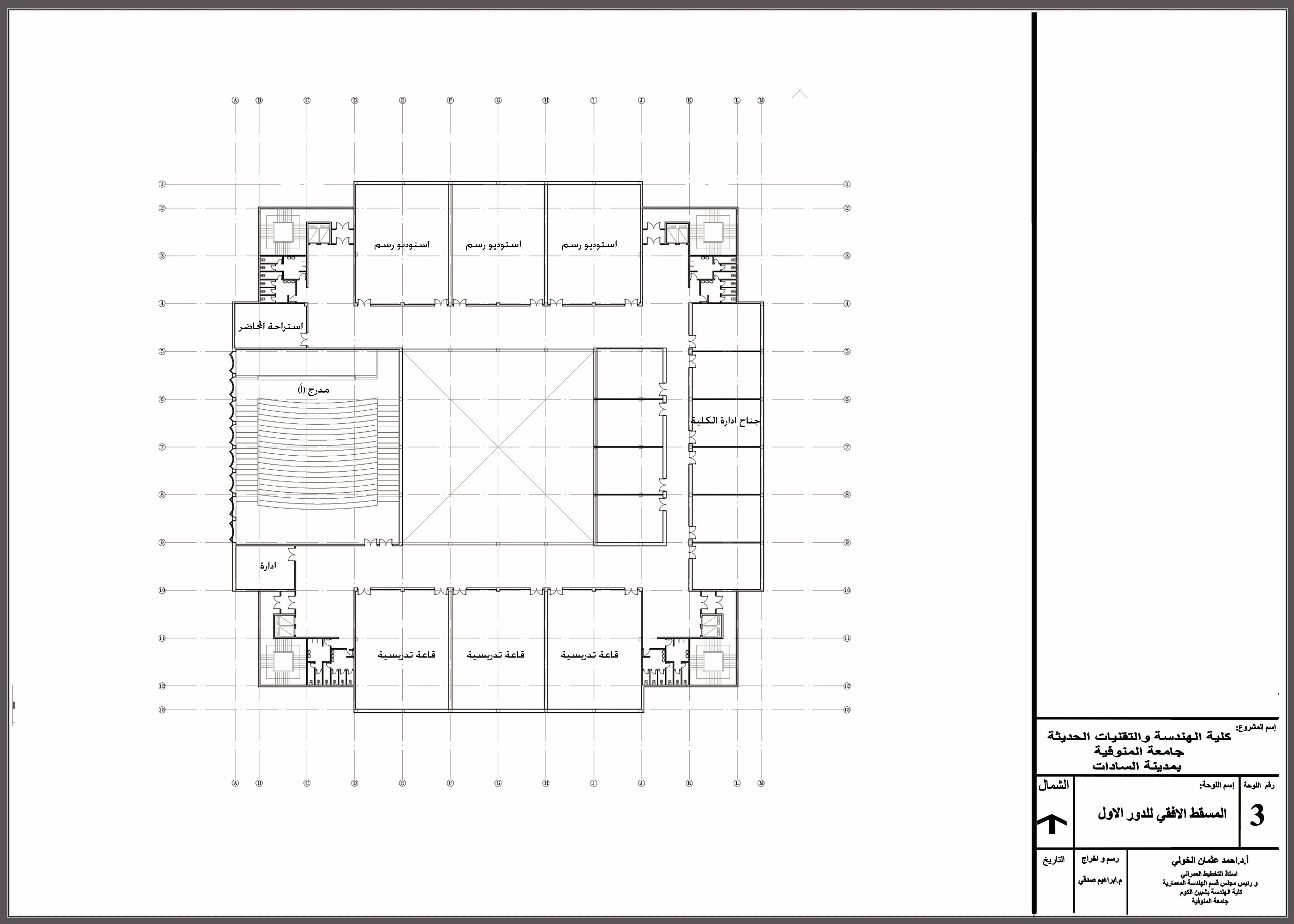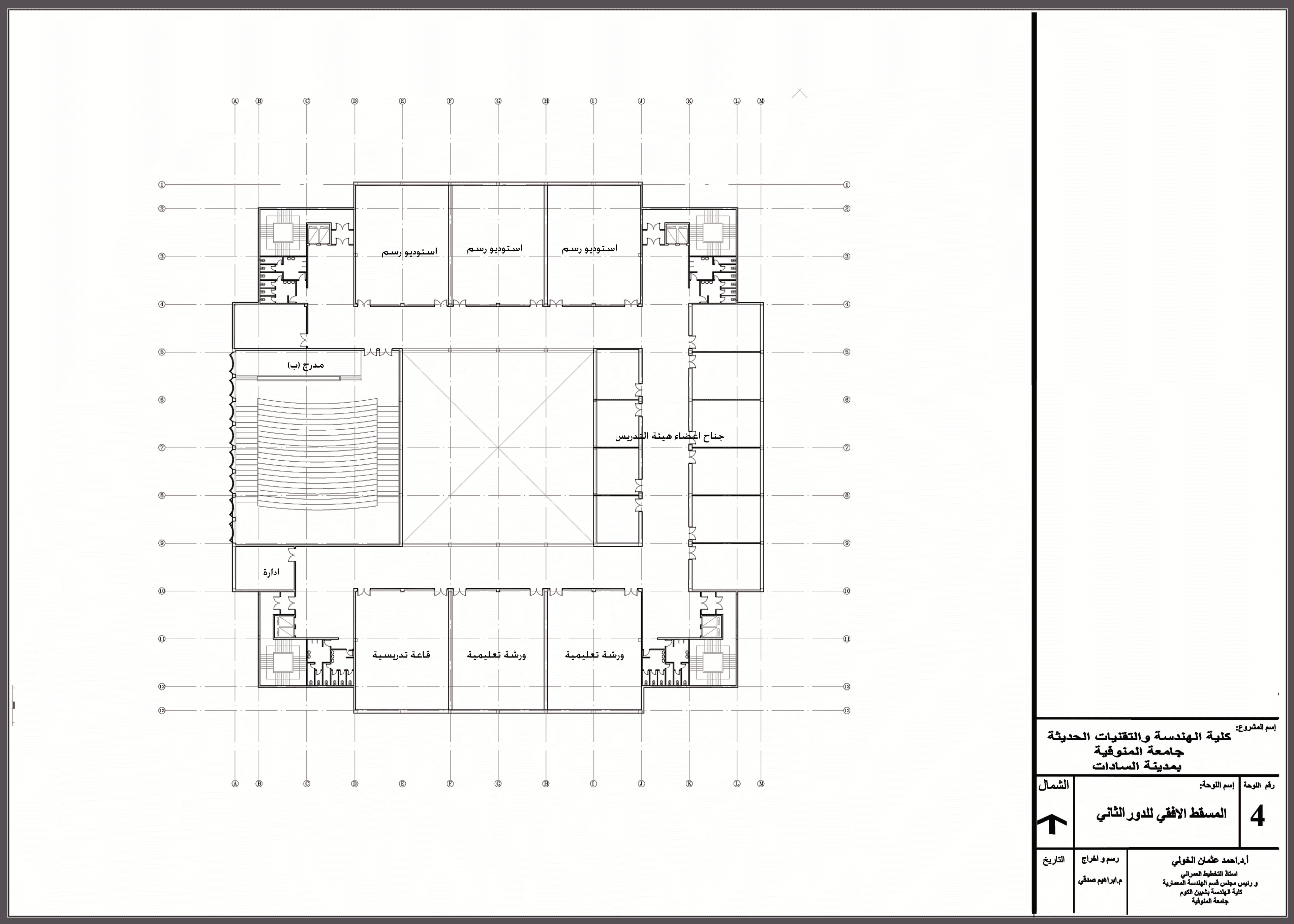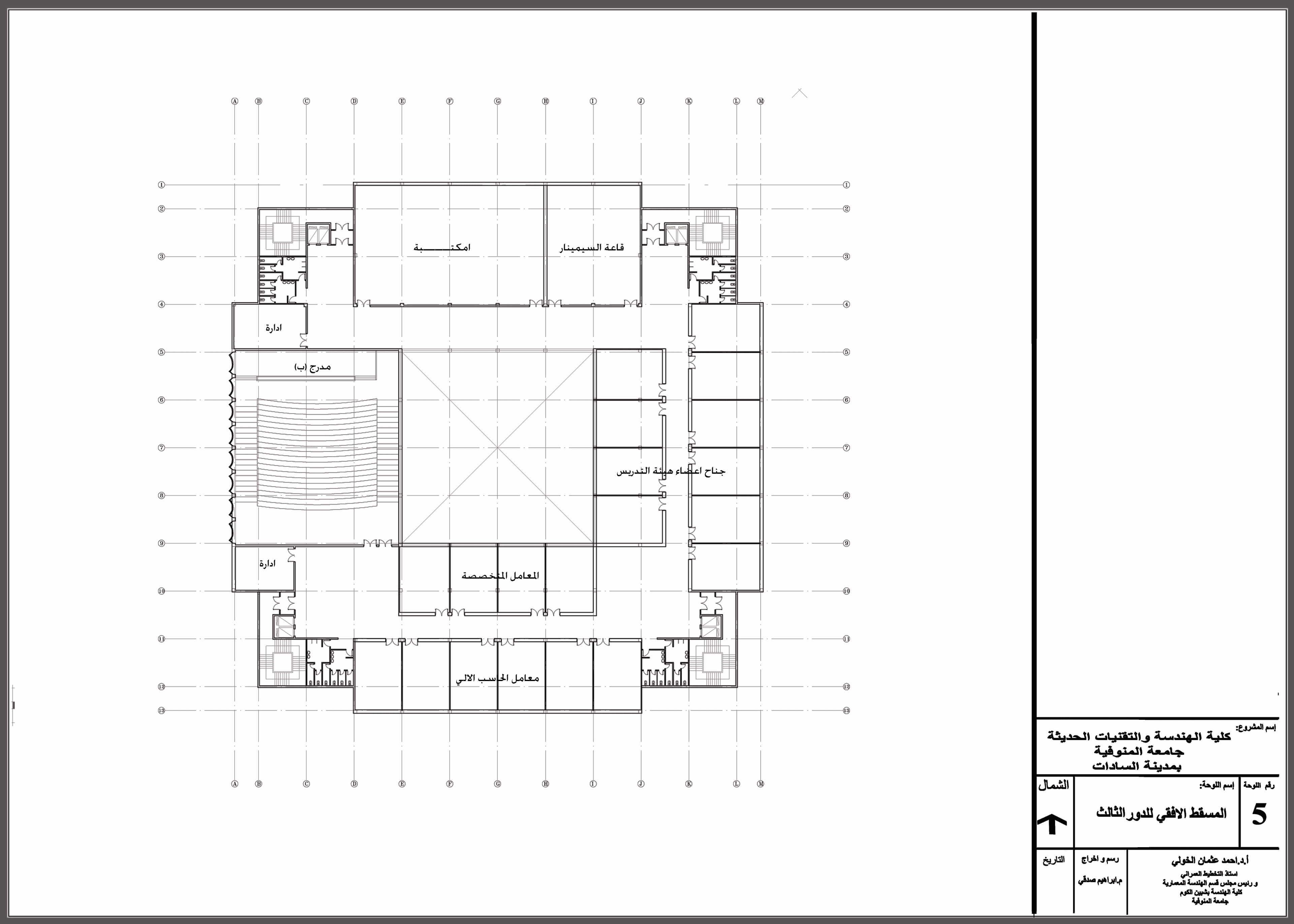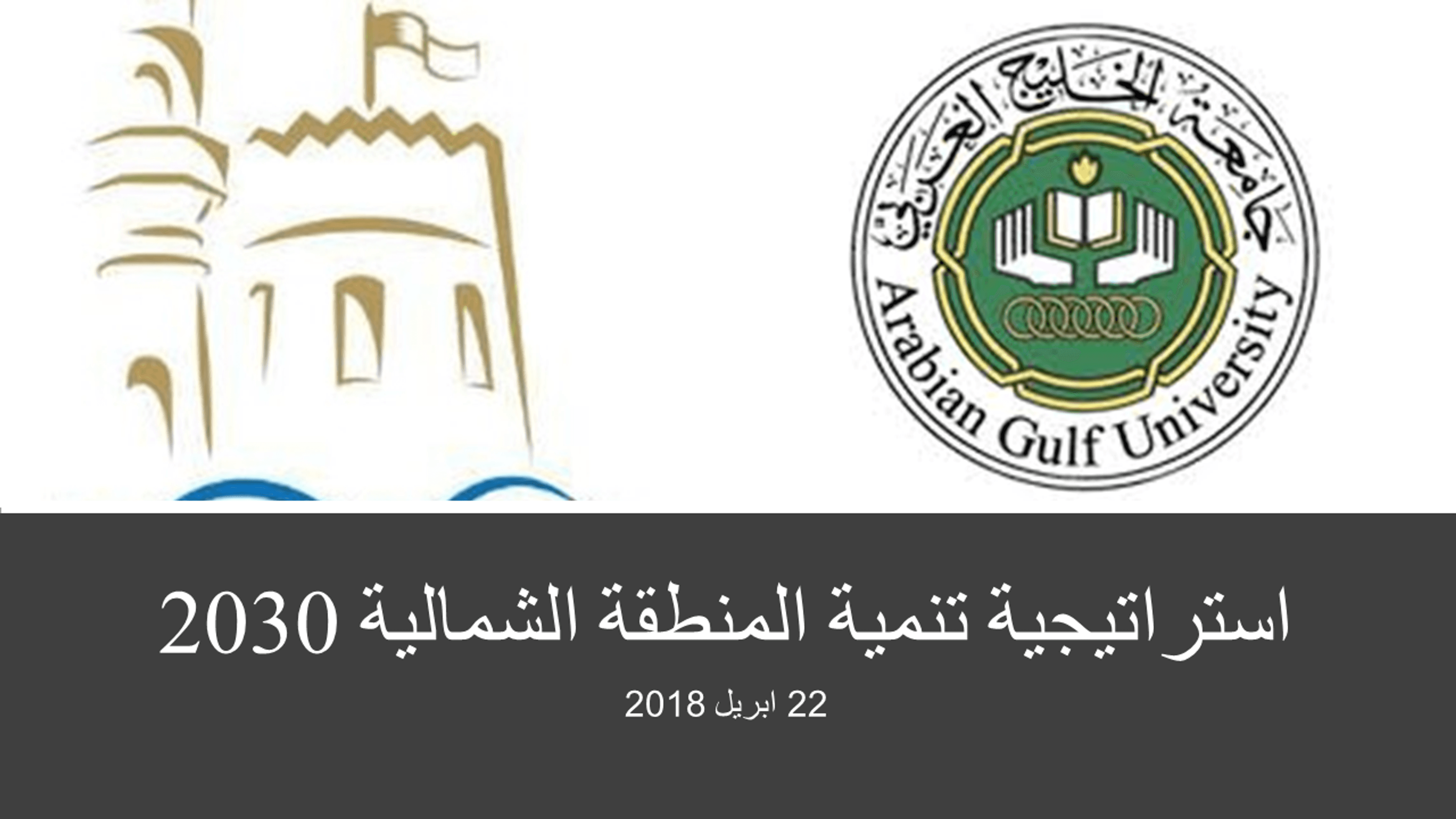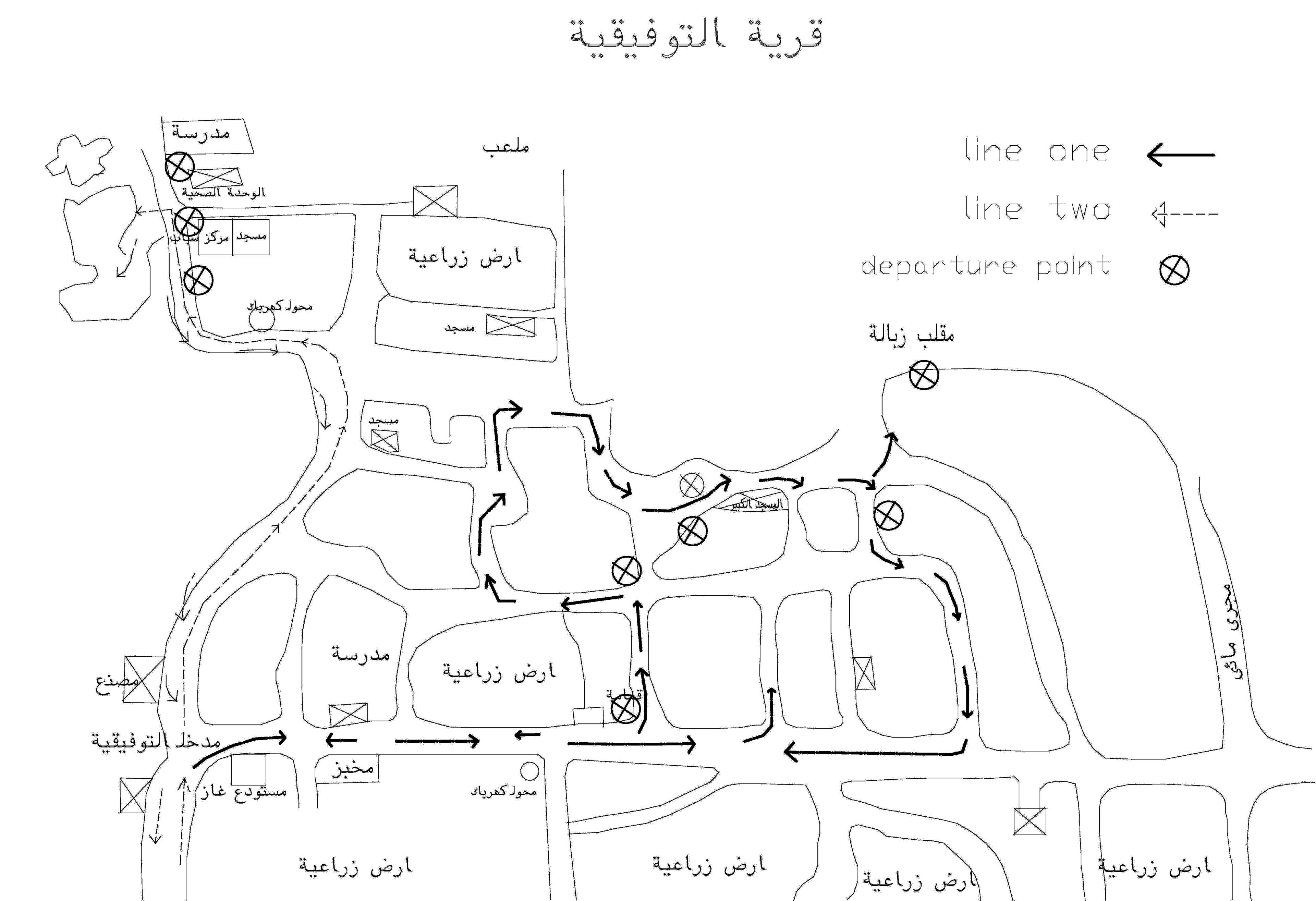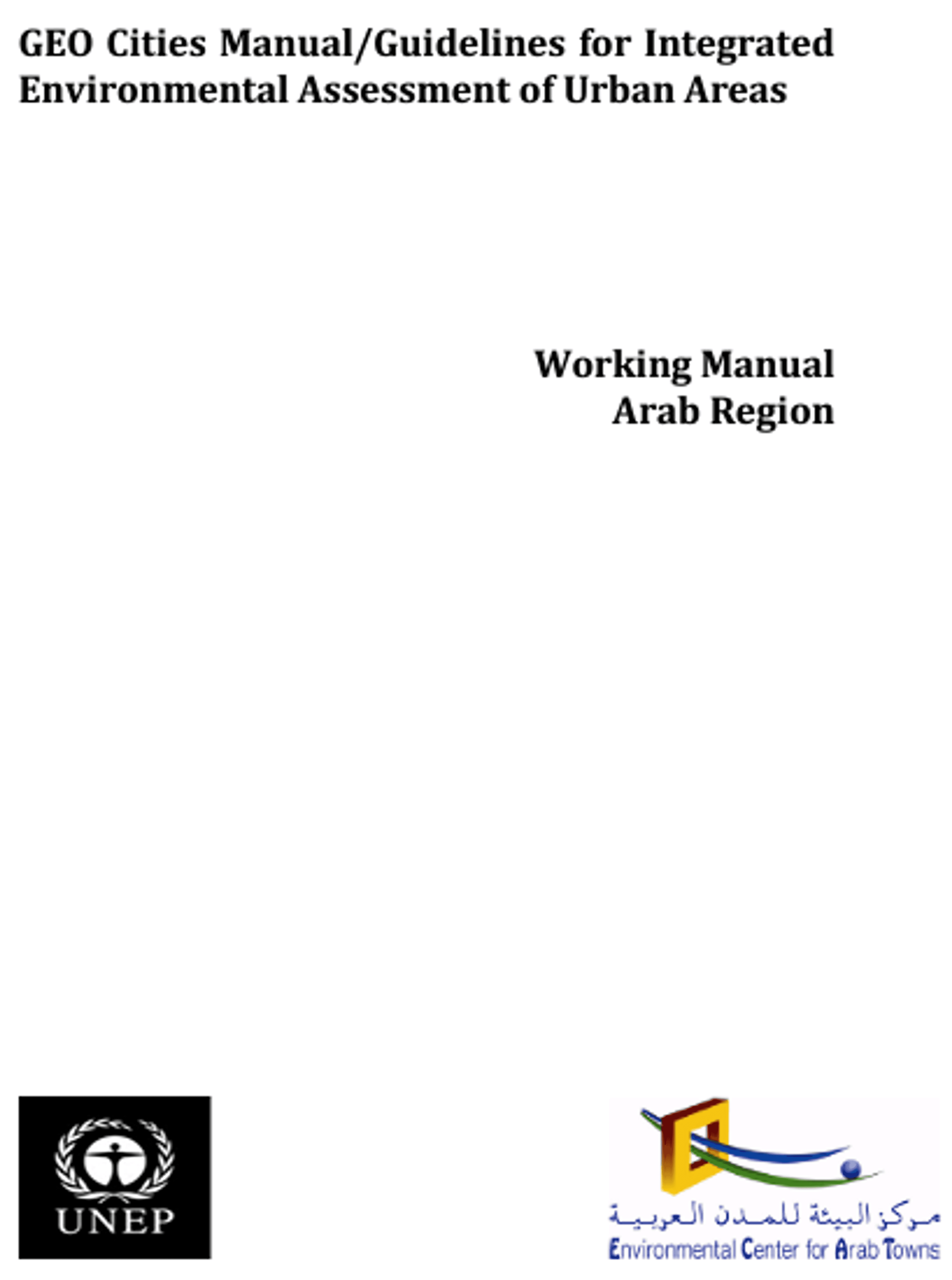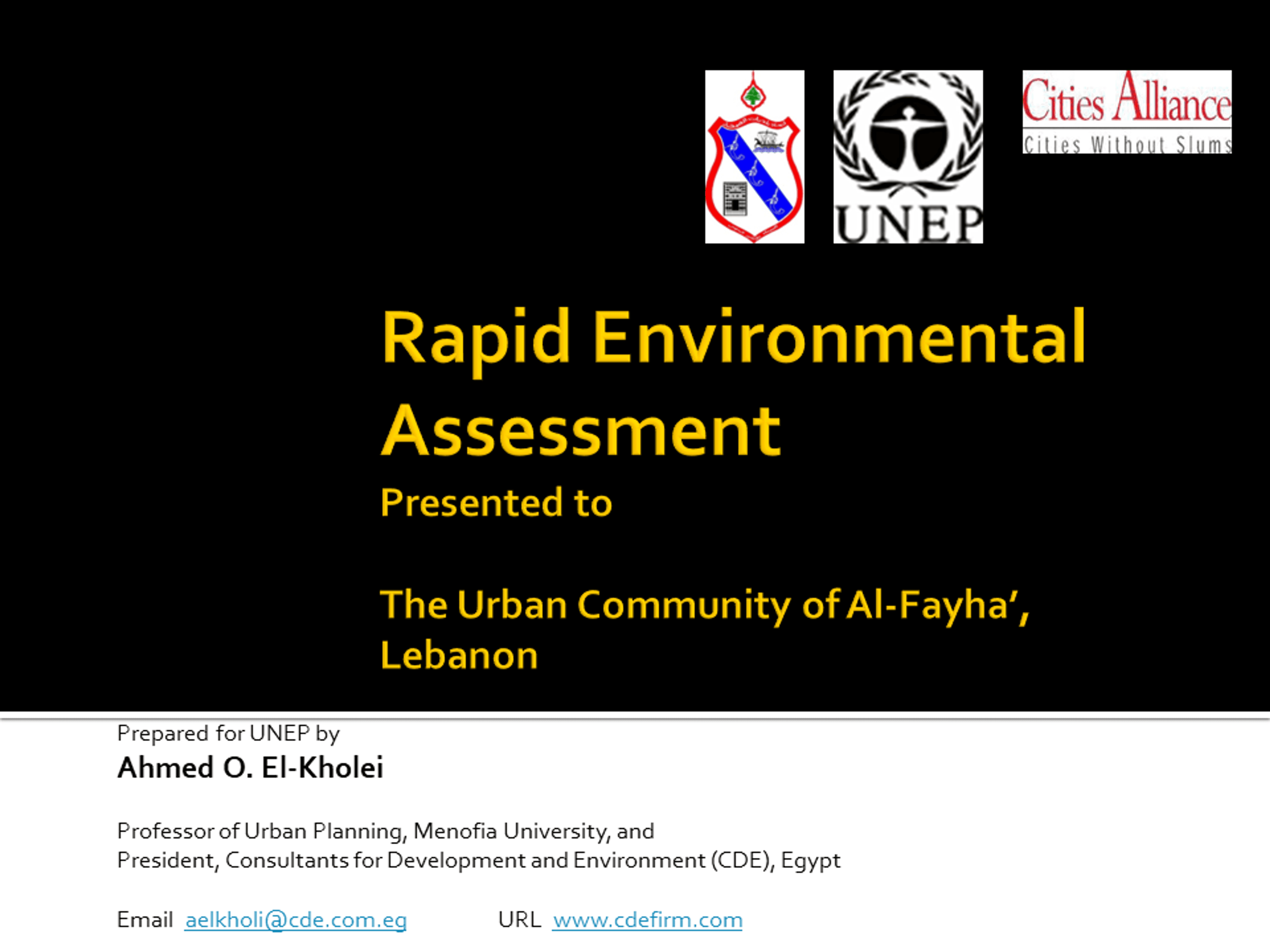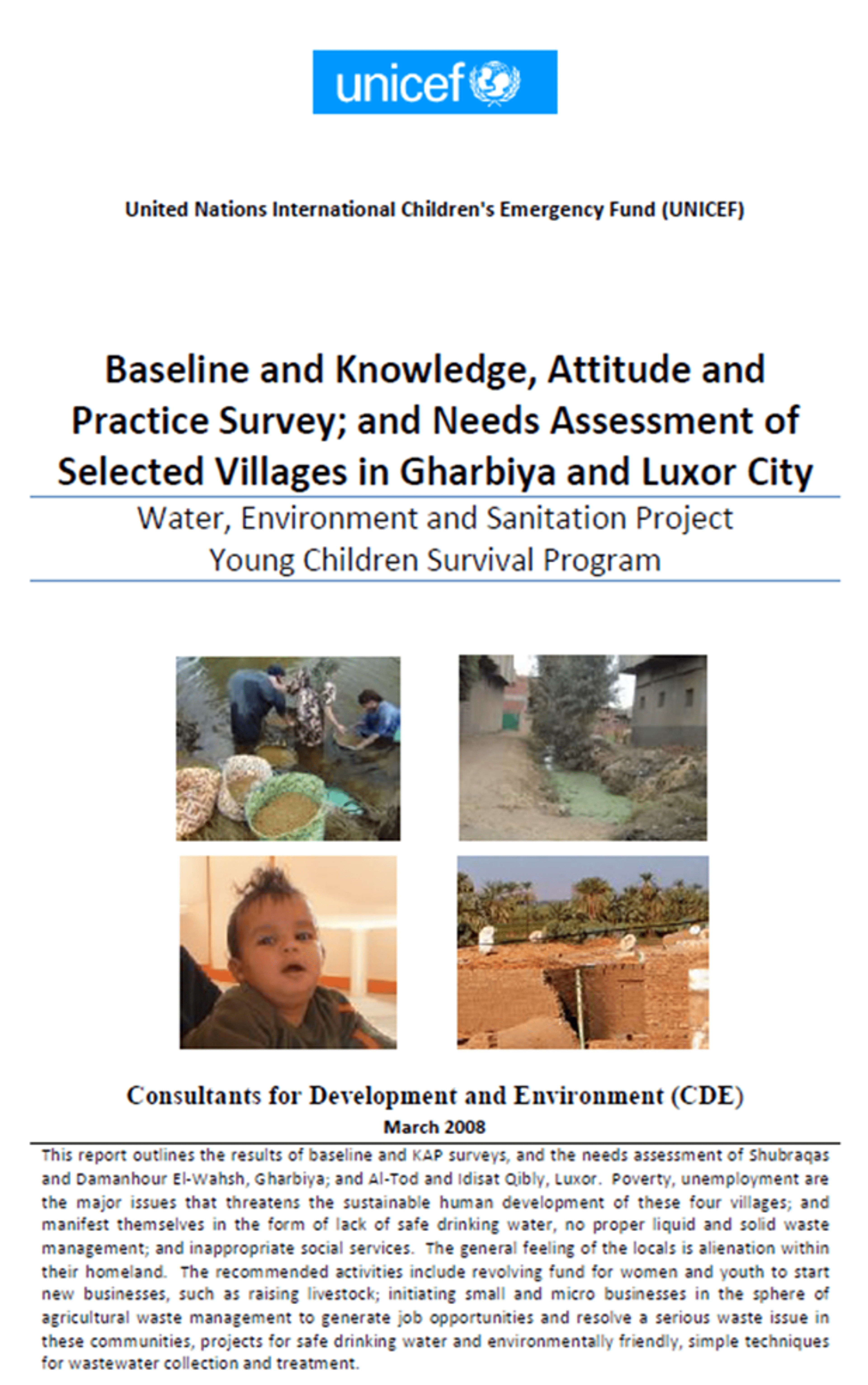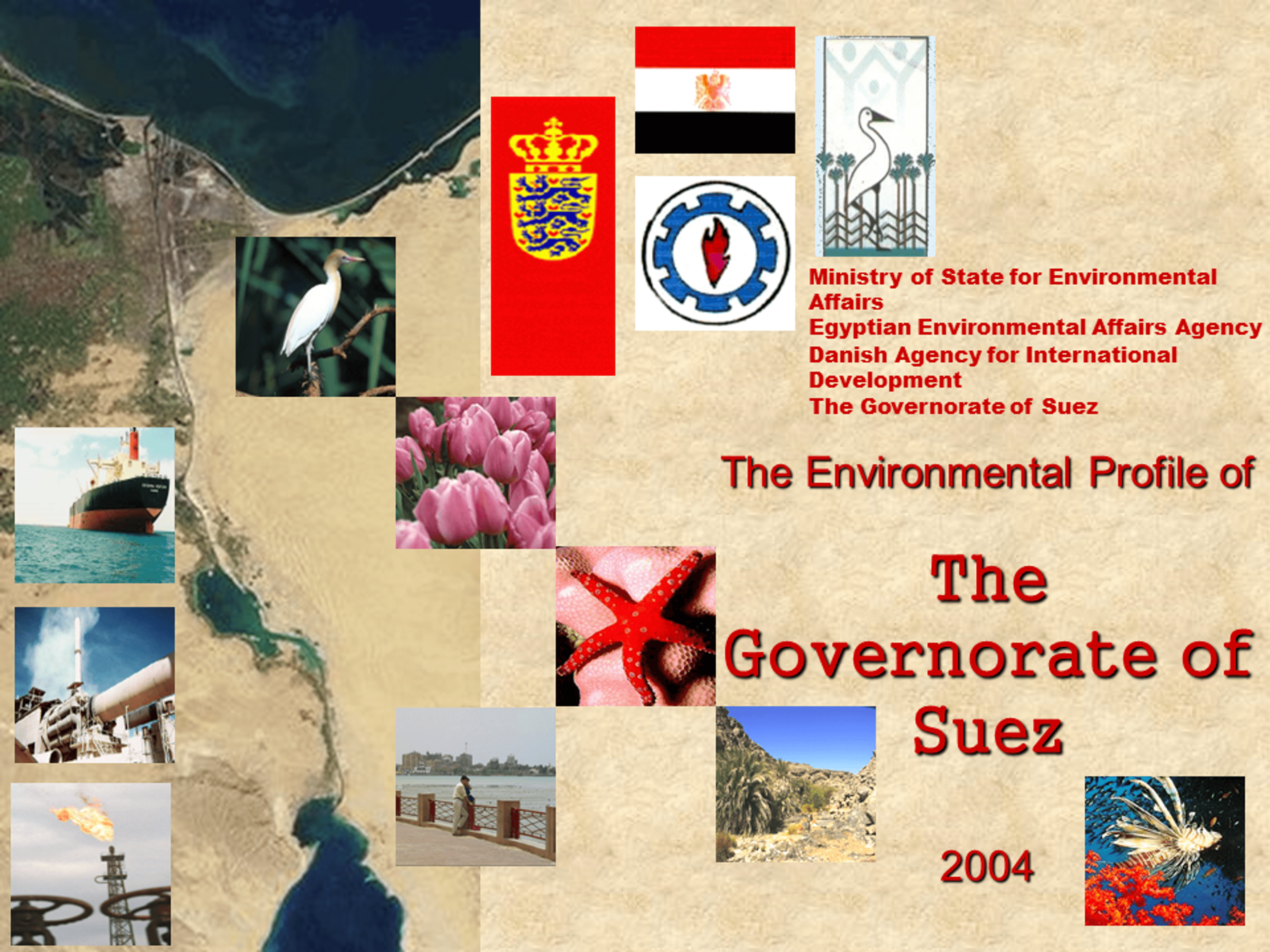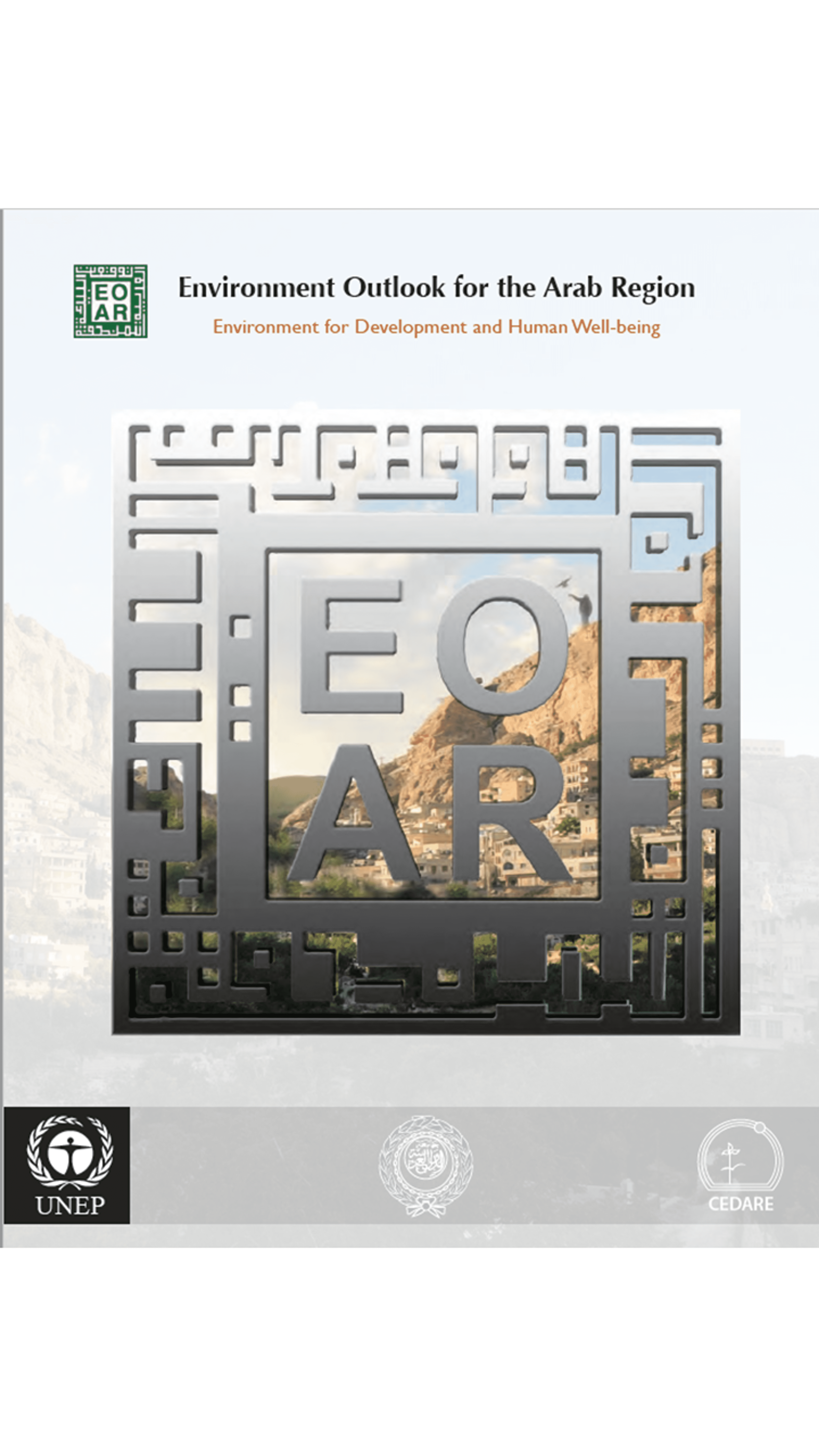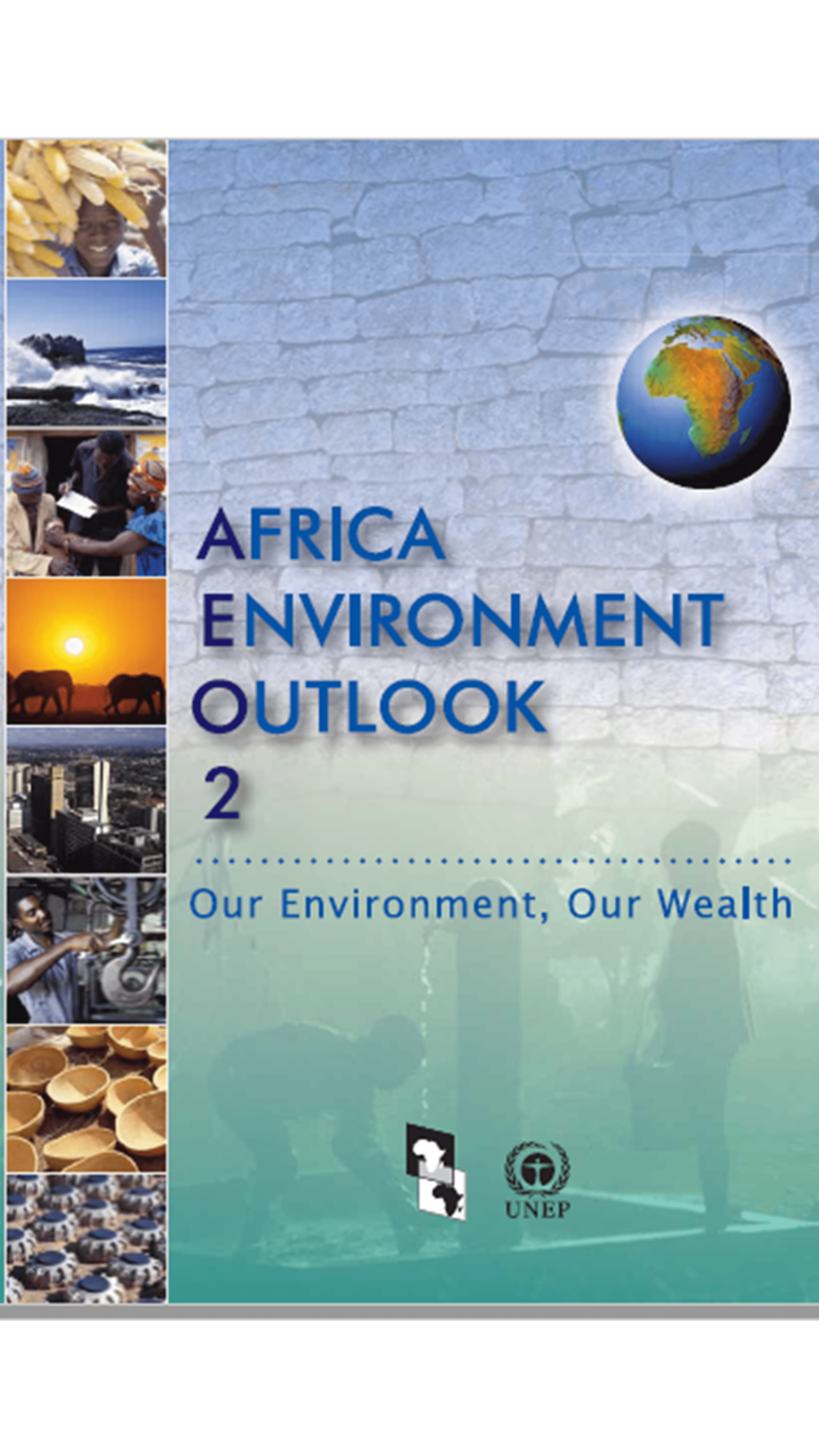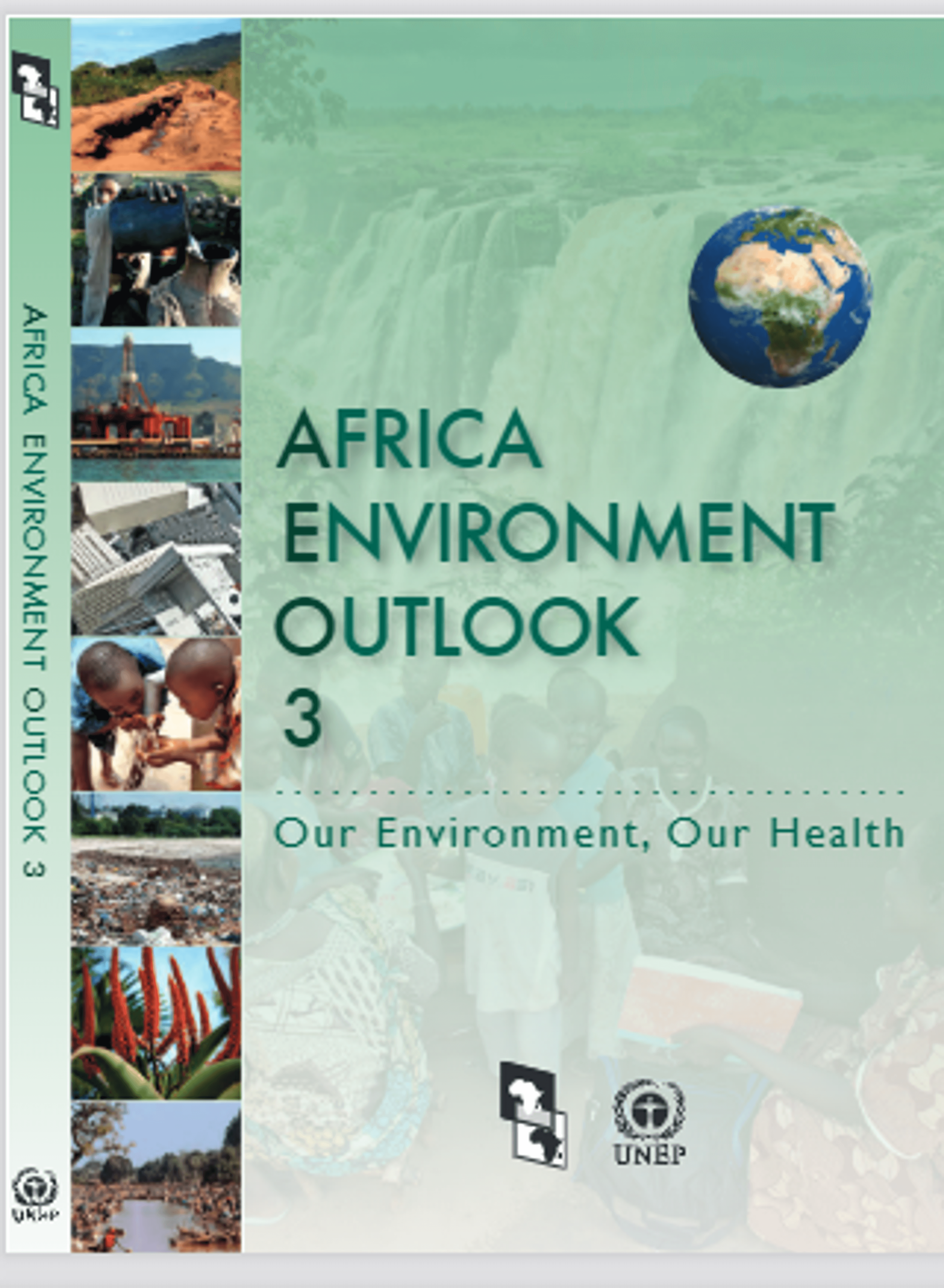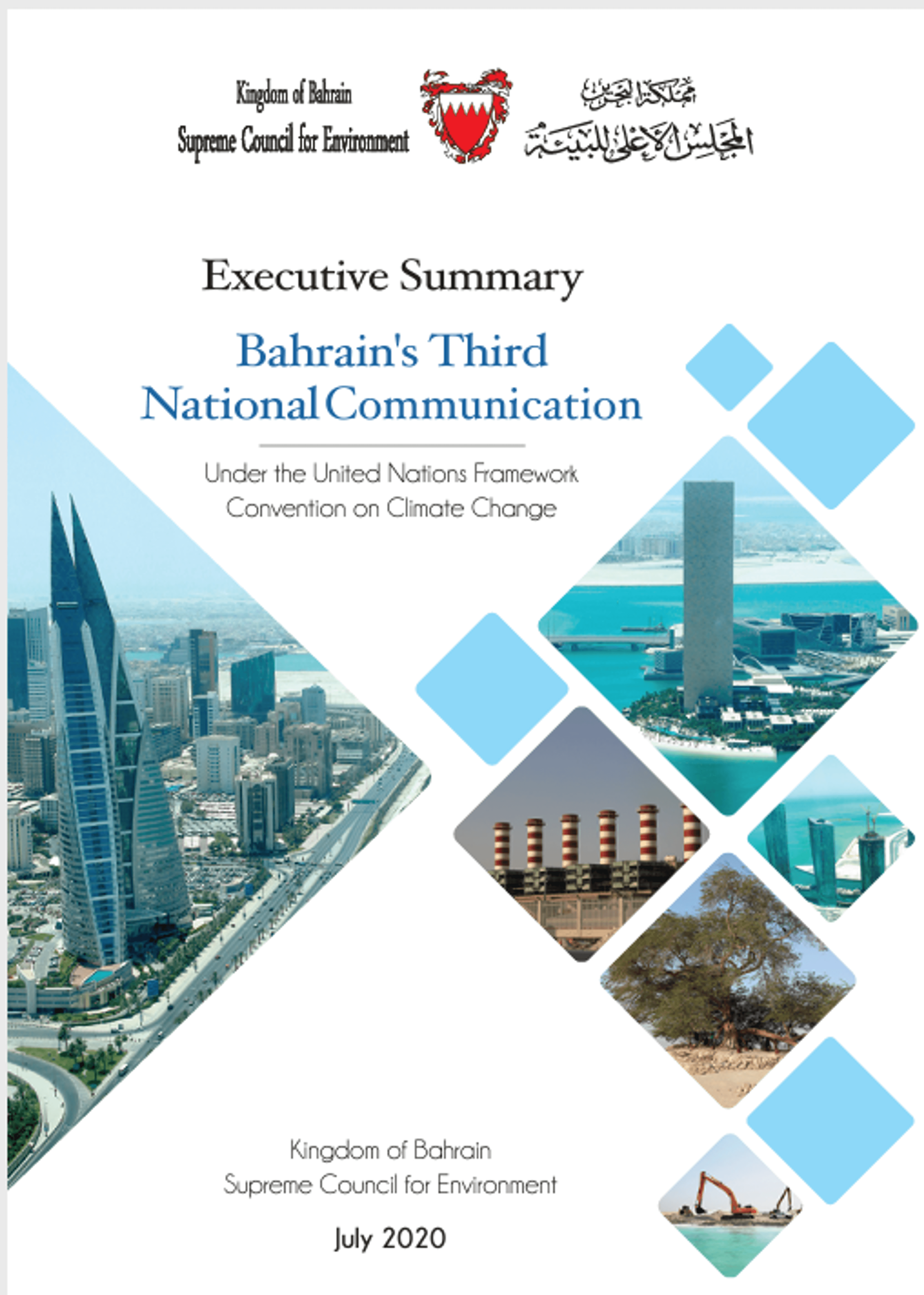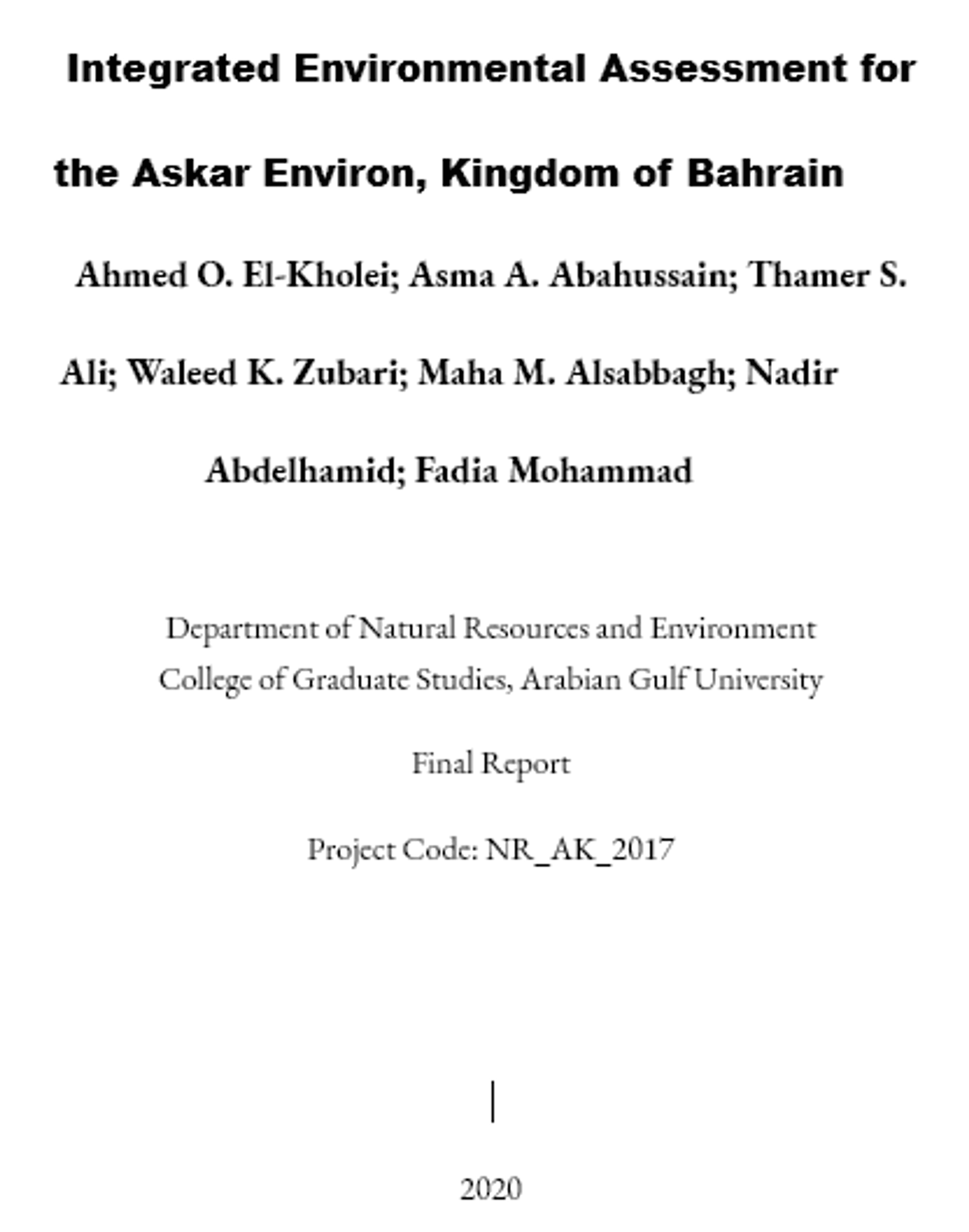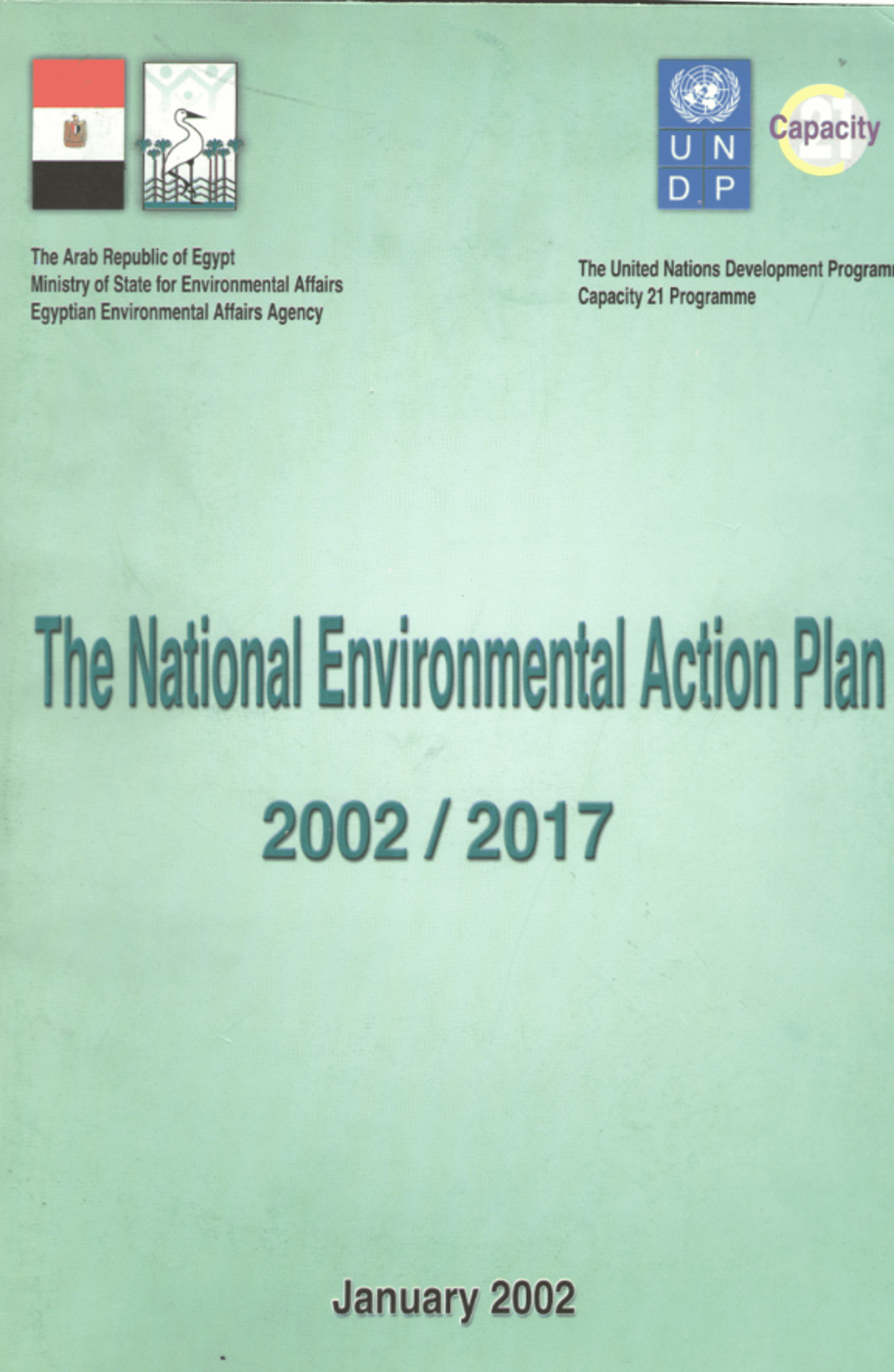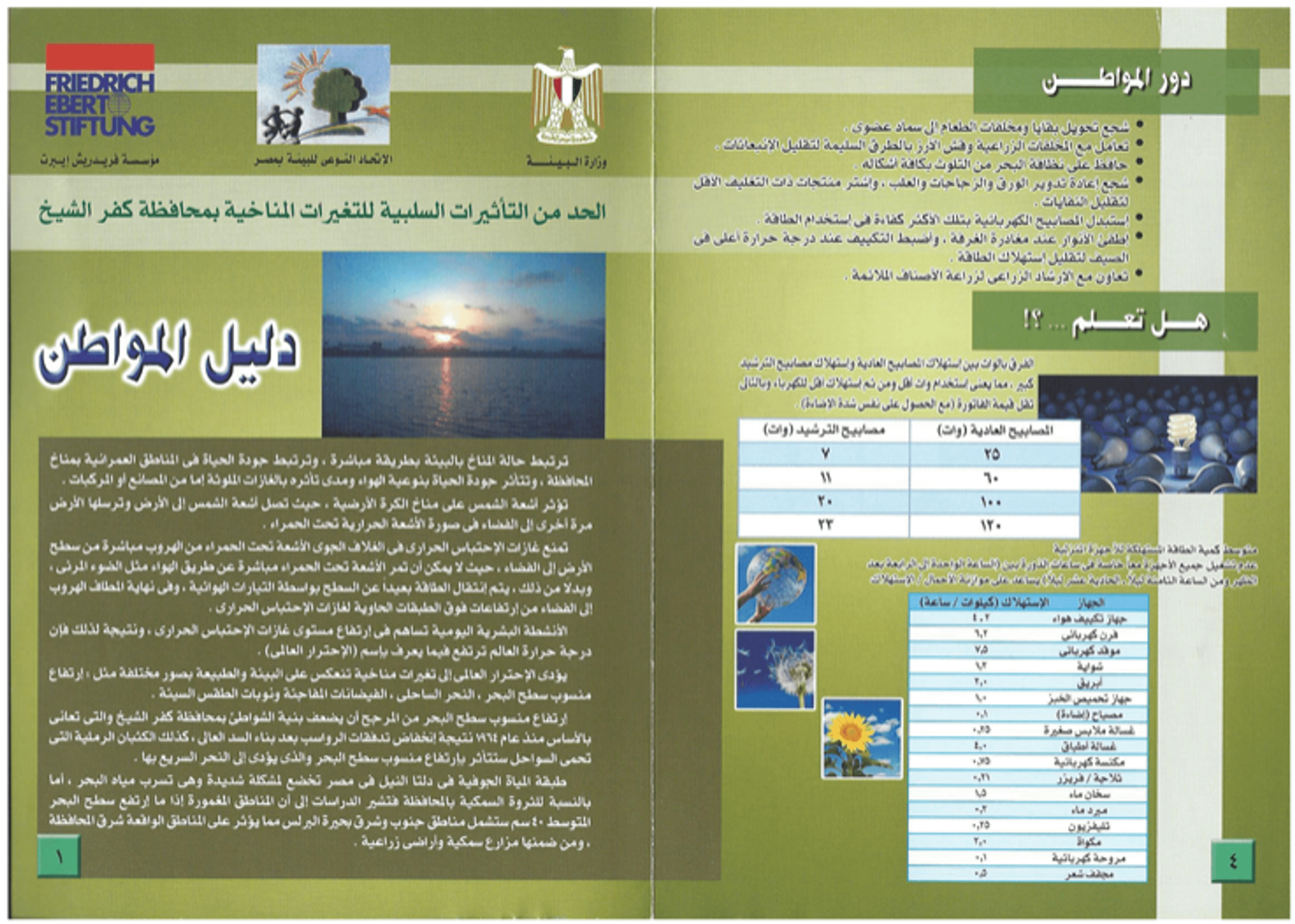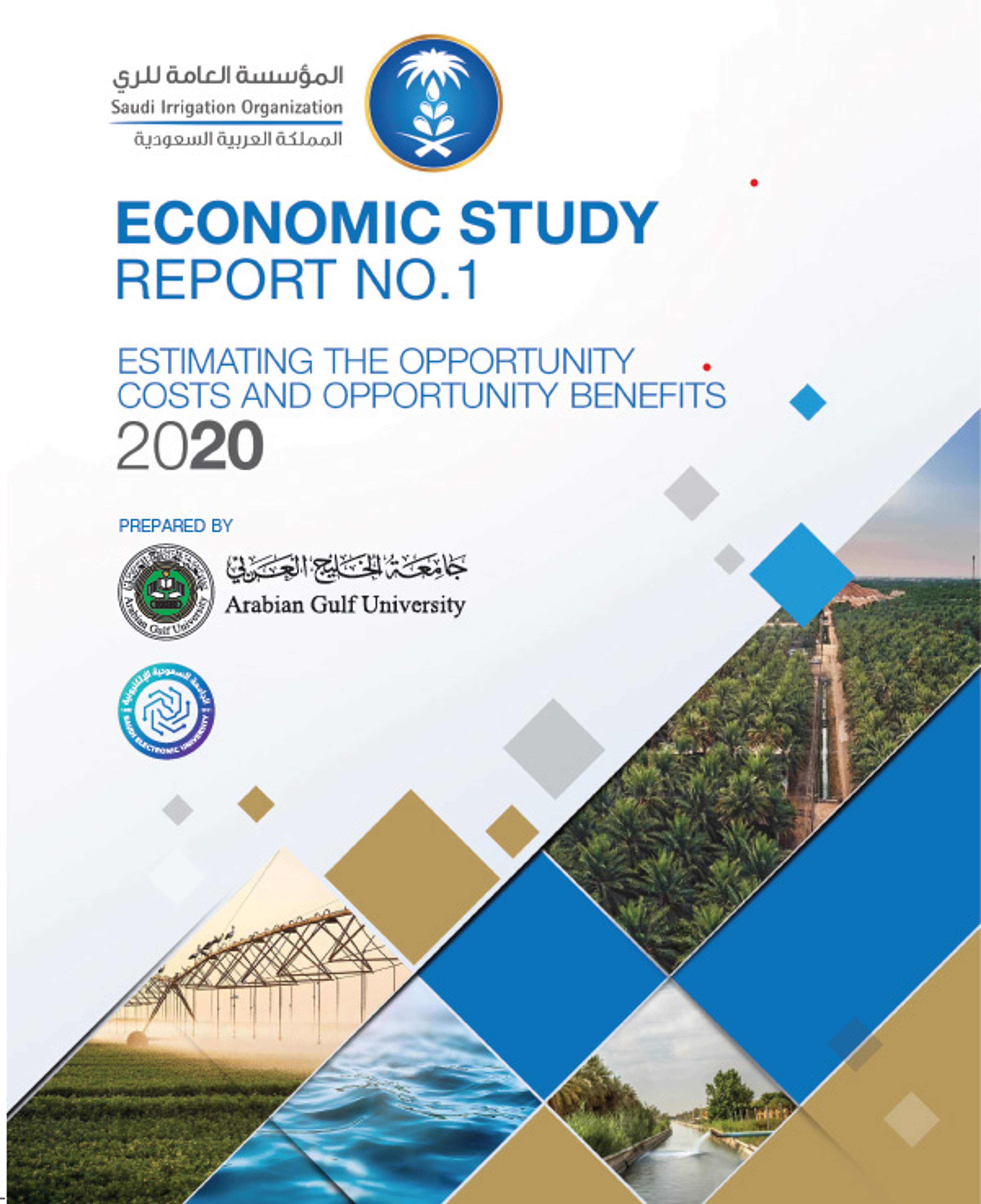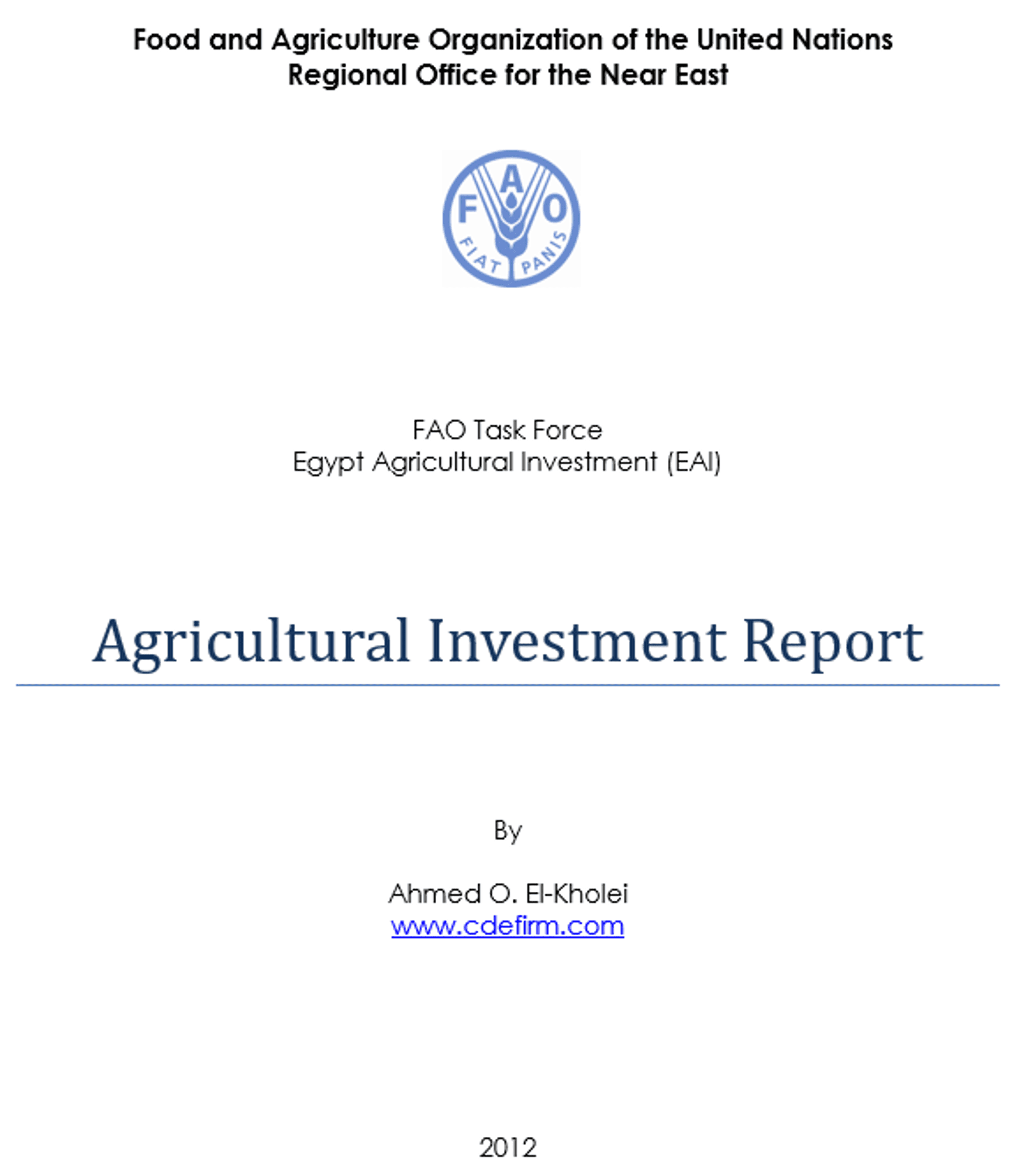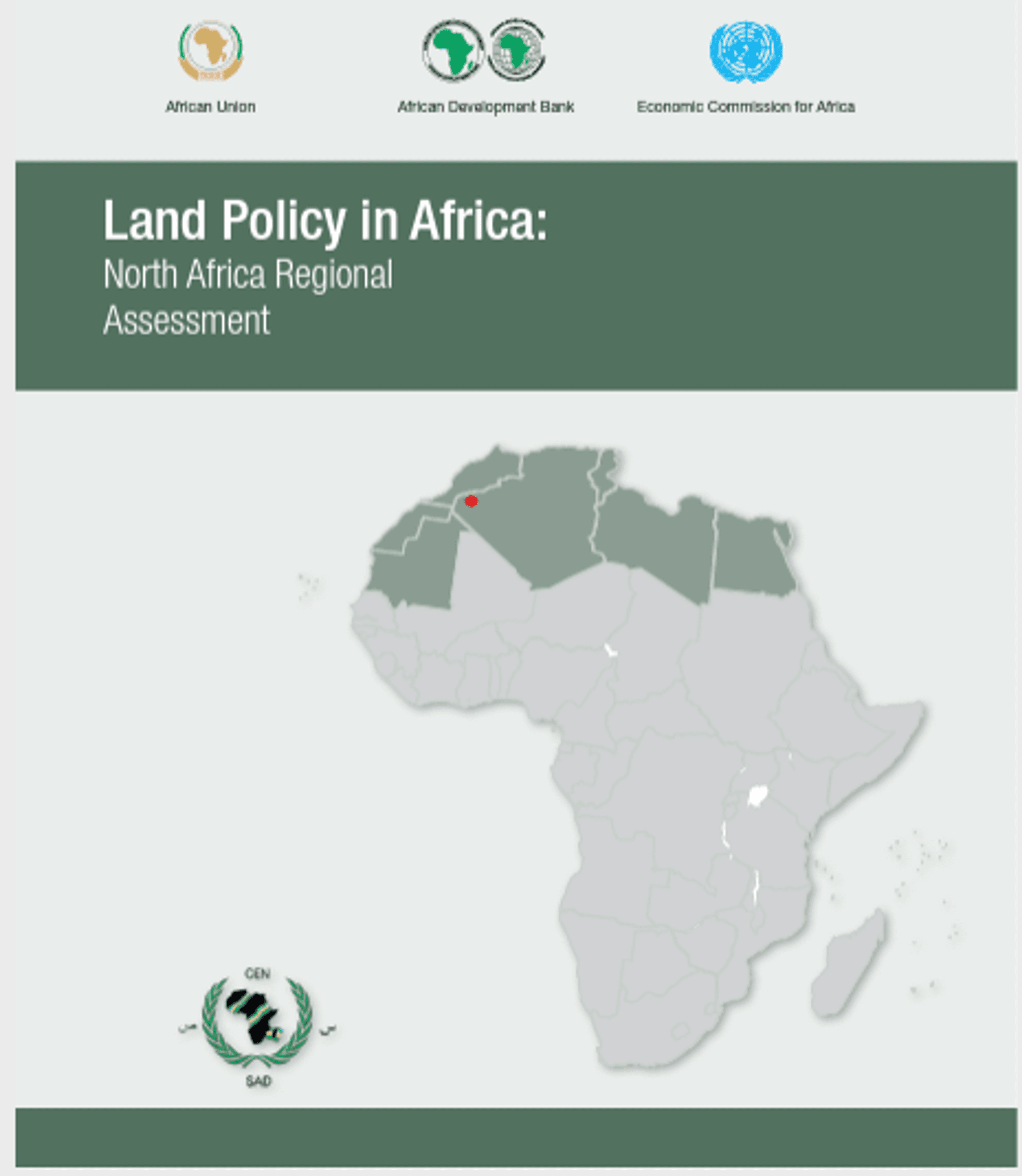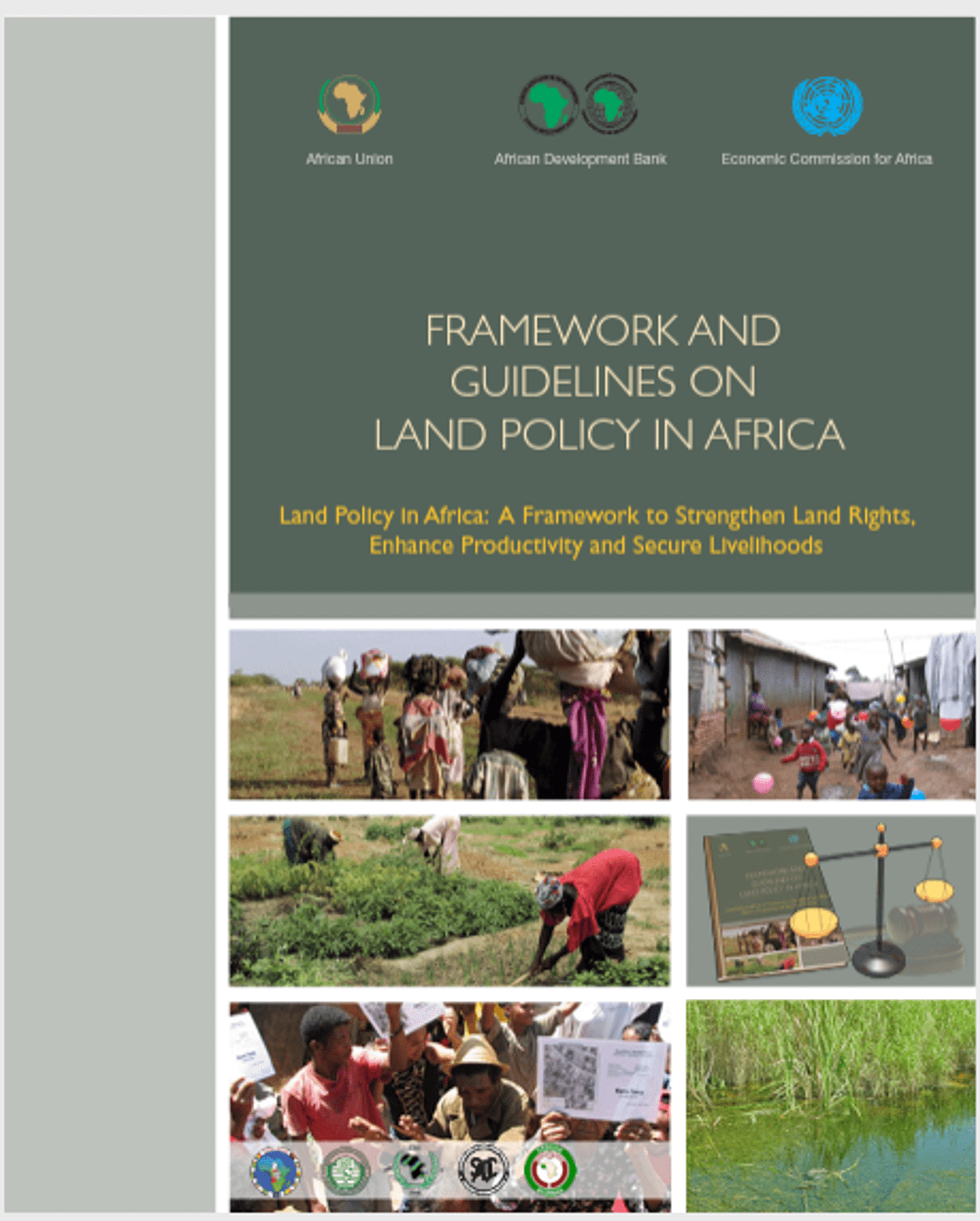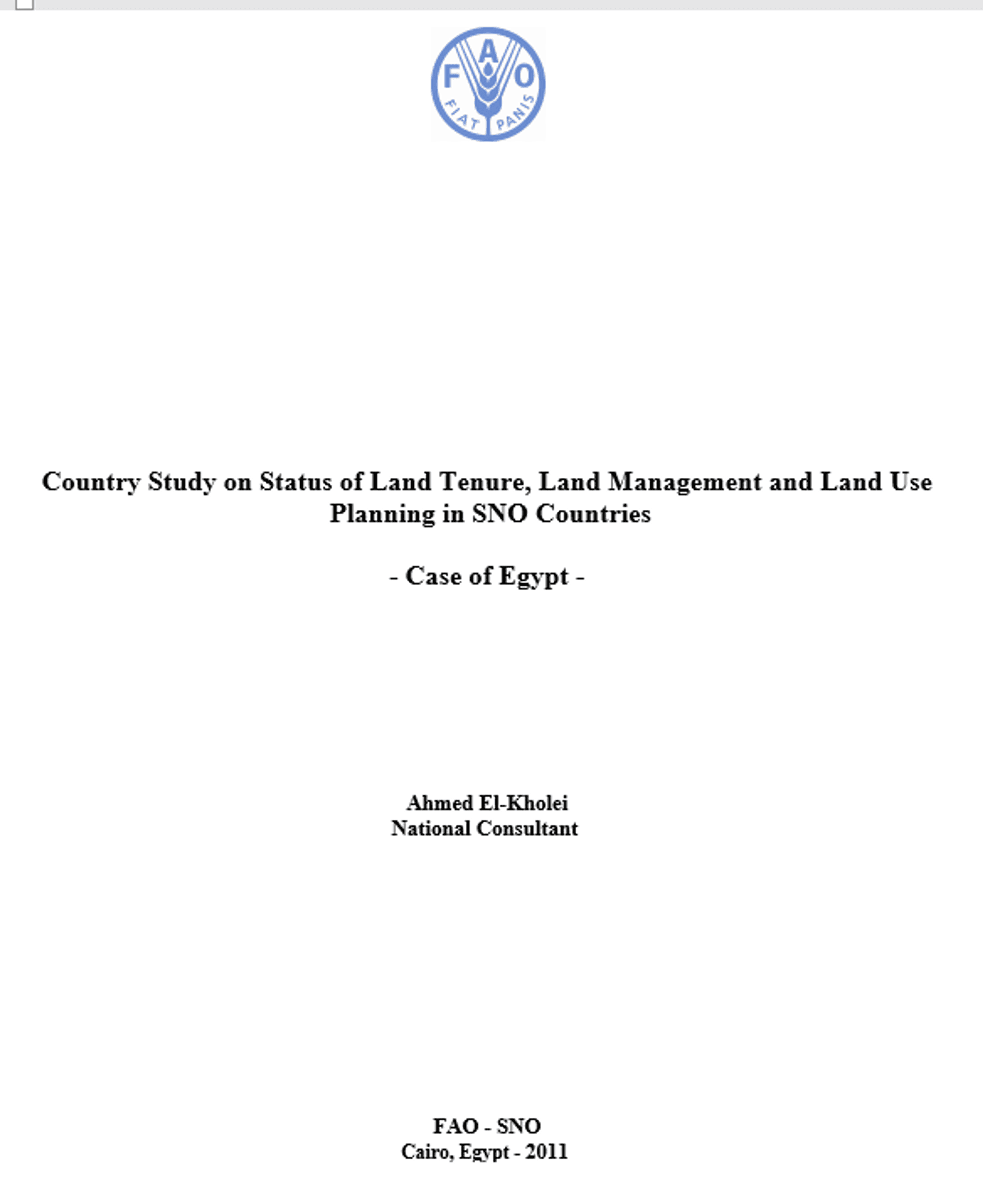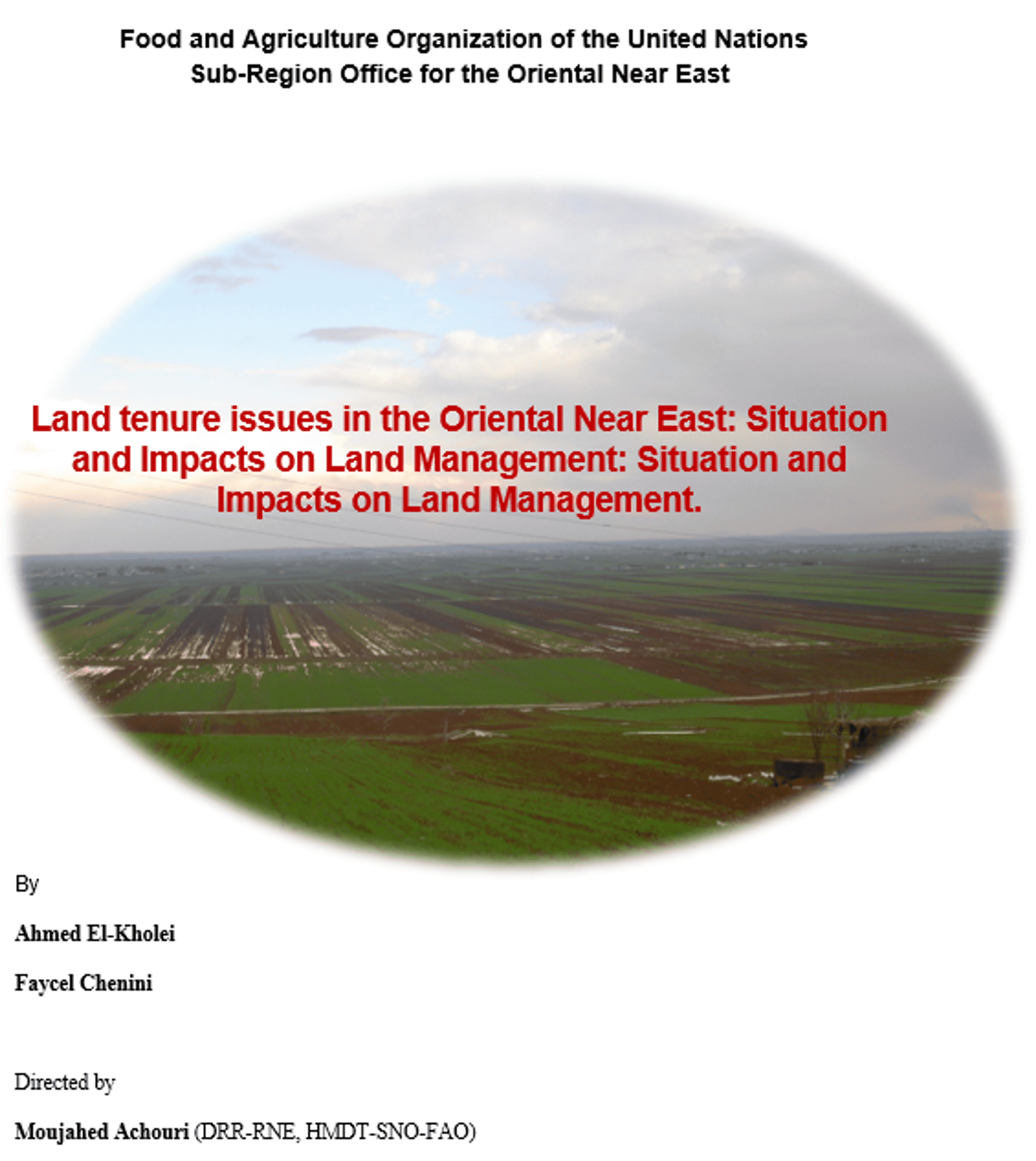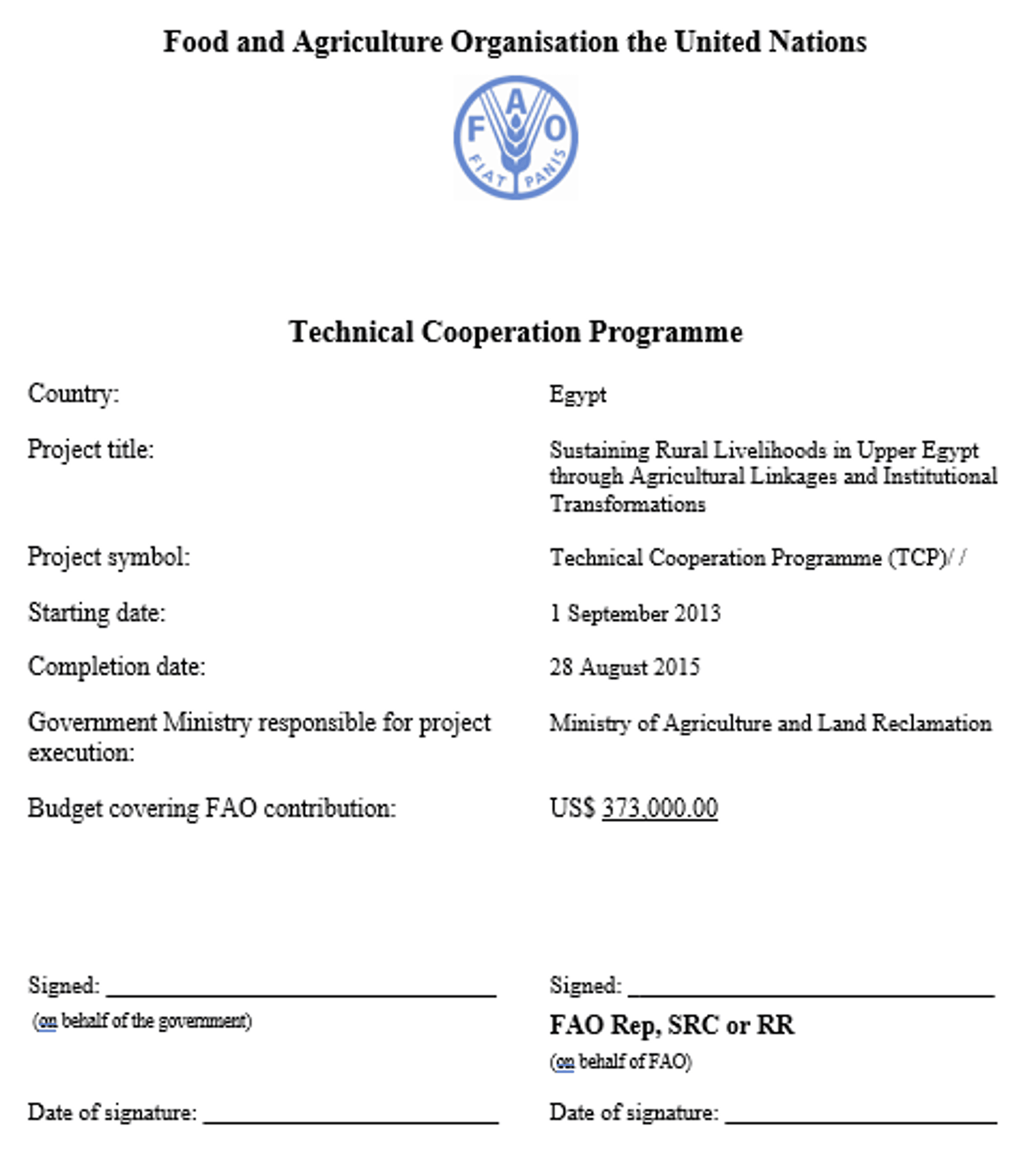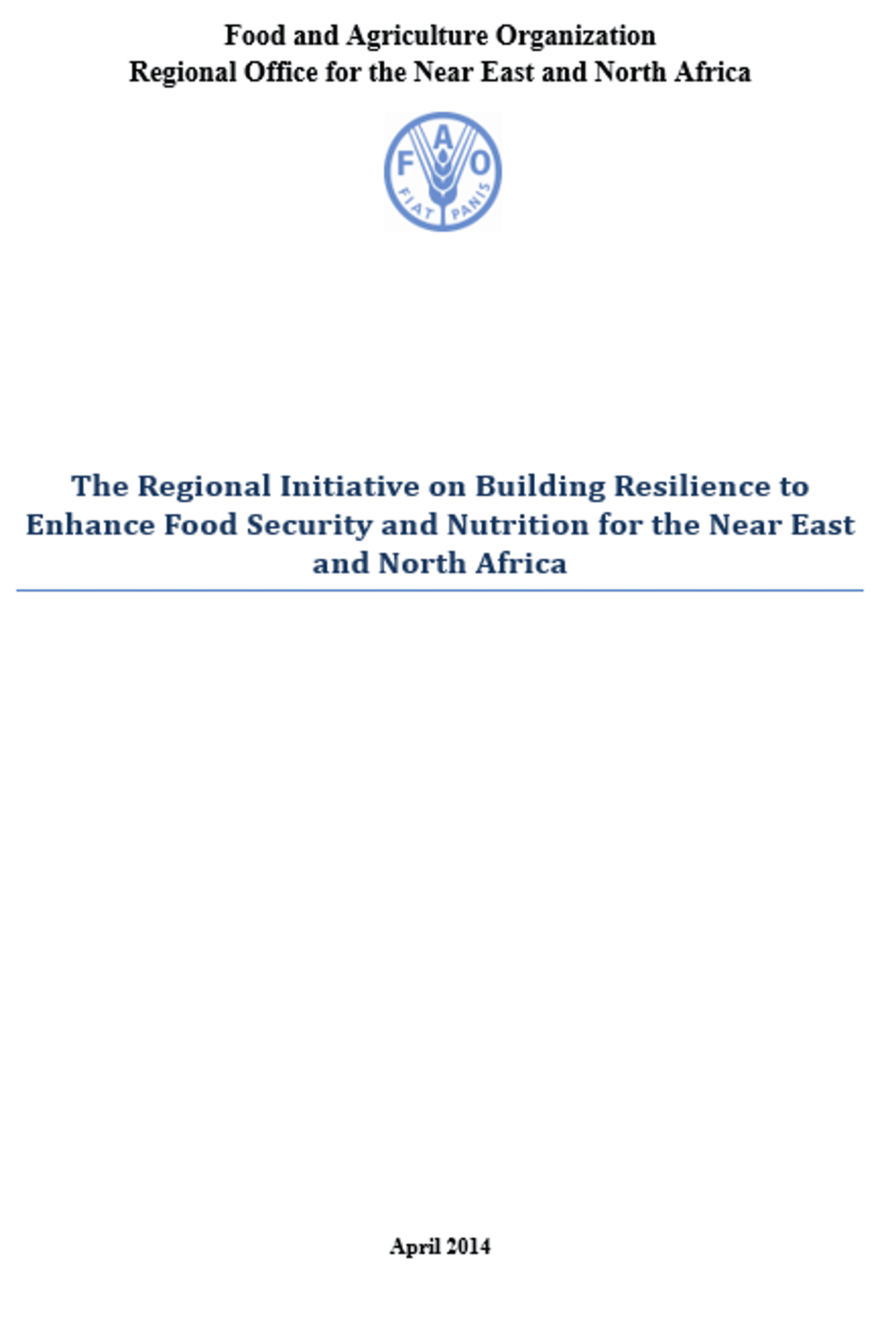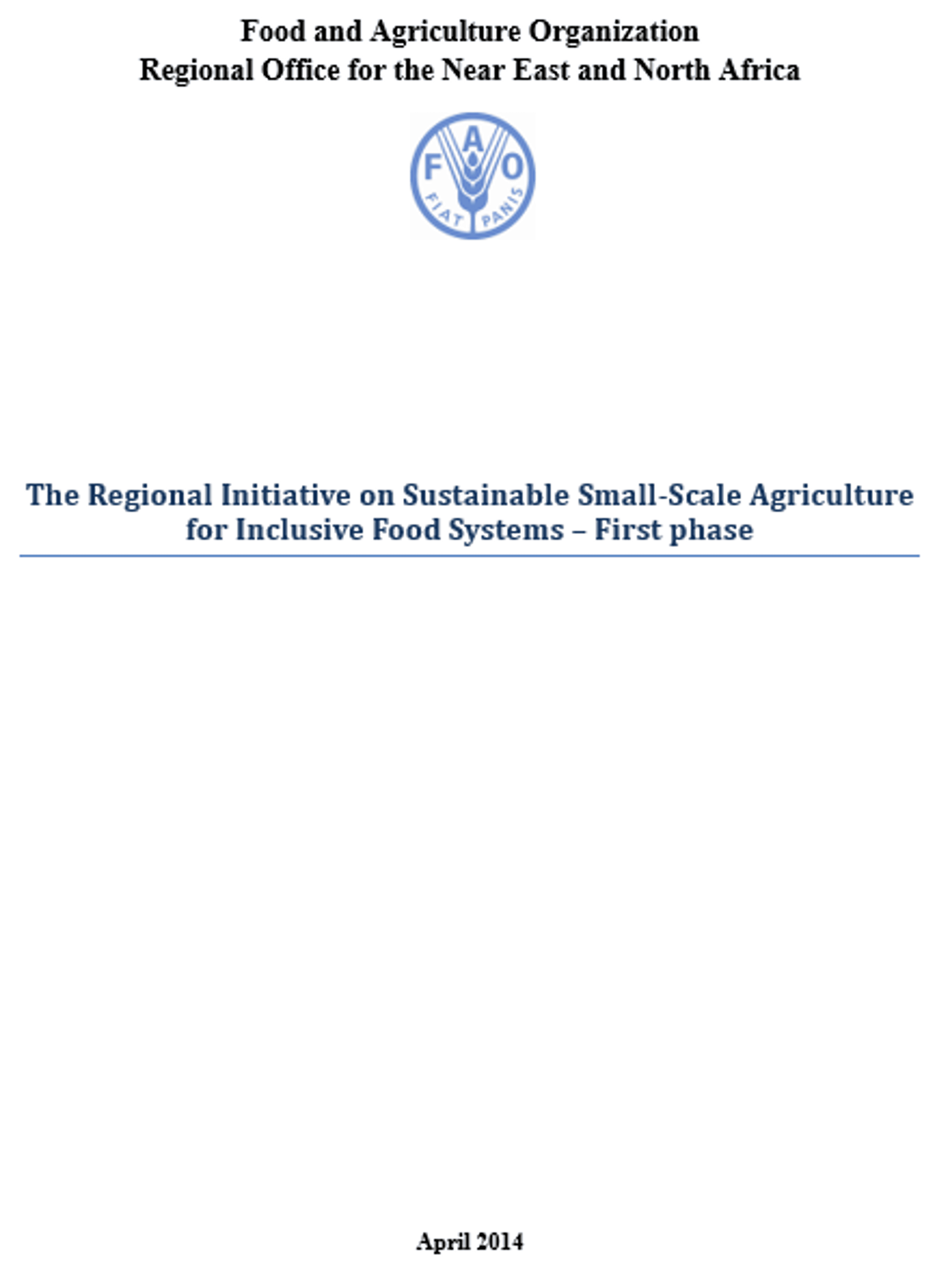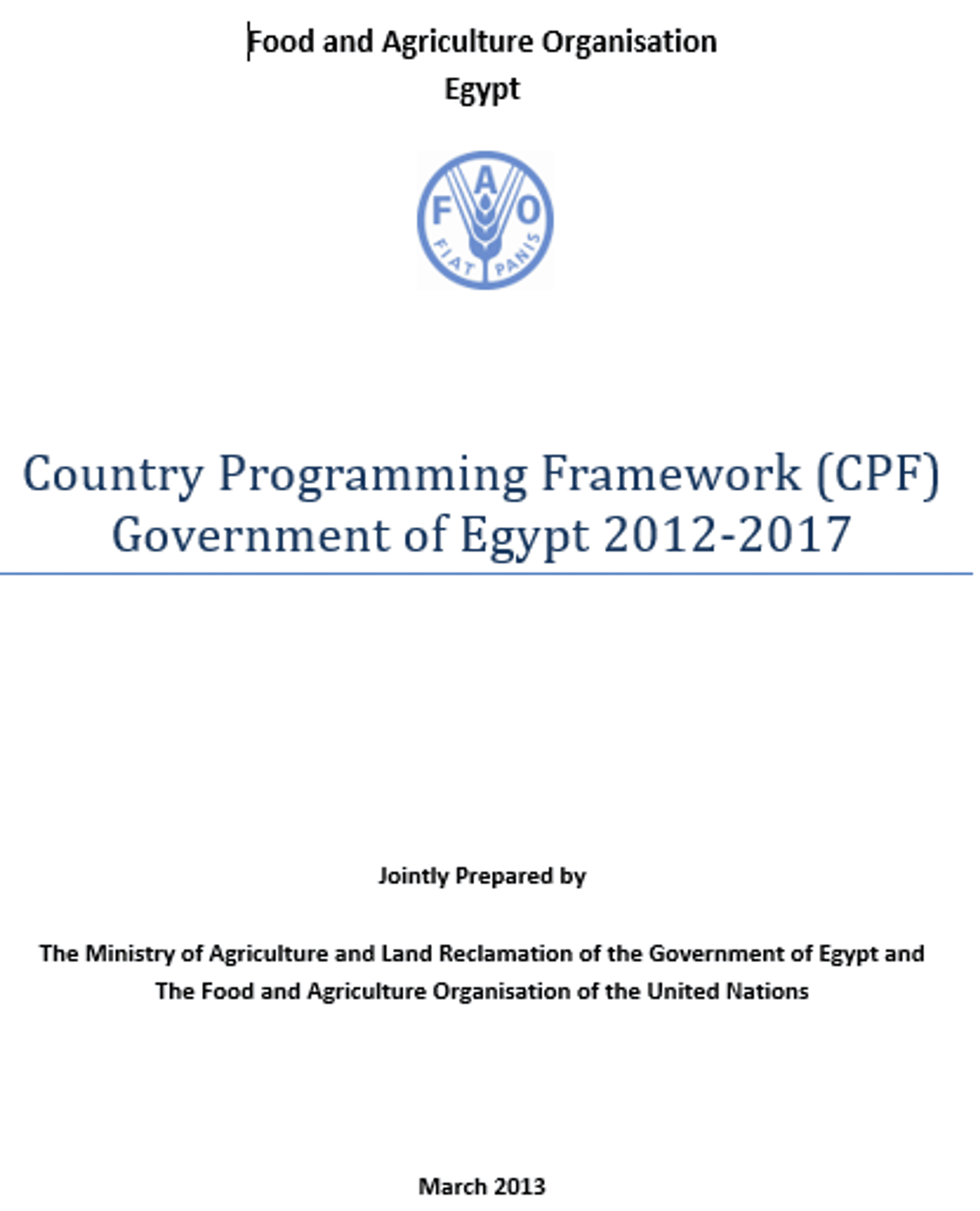Ahmed O. El-Kholei
Professor and Urban & Regional Planner
Projects
Helping communities prepare and implement plans for sustainability via education and research
Extensive experience in urban planning and development, urban design, and management of natural resources has been acquired through formal training, consultancies, and research projects. Experiences include:
Conducting several studies and participatory strategic plans on issues related to urban and regional planning, environmental management, and national planning
Collaborating with UN organizations: UNDP, GEF, UN Environment, and the Economic Commission of Africa.
Partnered with several technical assistance agencies: GIZ, the Canadian International Development Agency, the Danish International Development Agency, African Development Bank, and the Arab Organization for Administrative Development
Sٍupervised and educated hundreds of students, among whom he supervised the research of 24 MSc. and Ph.D. students across two continents.
Research interests include urban planning theory, methods, and models, environmental management & design, and sustainable urban development.
Urban & Regional Plans
The Strategic Regional Development Plan for Bagour district, Menofia
1. A program for protecting agricultural land from urban sprawl
2. Program for urban environmental protection and settlement upgrading.
3. Program for protecting natural resources from pollution and irrational uses.
4. Program for urban land intensification
5. Program to extend physical infrastructure and social services
Urban plan of Fesha village, Bagour district, Menoufia
A strategic development plan is formulated within the strategic development plan of the district. The proposed land-use plan and schemes for social and economic development enable local governments to get involved in revitalization projects because they raise the value of the land while keeping the original residents and landowners involved as stakeholders.
Urban plan of Ǧimyzaẗ bany ʿArww Dyārb Village
Dyarb Neǧm, Sharqia
An urban plan is made within the framework of the strategic development plan for the district. The proposed land-use plan and plans for social and economic development make it possible for local governments to get involved in revitalization projects because they increase the value of the land while keeping the original residents and landowners involved as stakeholders.
Menofia A&M
The Egyptian government considered establishing technical schools to serve the local community. The administration of Menofia University decided to develop a school that focuses on desert agriculture and agricultural engineering within Sadat City, a new desert city. I drafted the concept for Menofia A&M to emulate land grant colleges in the USA. I was responsible for the layout and design of the College of Engineering.
Menofia A&M, College of Engineering
The Strategic Development of the Northern District, Bahrain
The Northern Region Development Strategy 2030 addresses the pressing issues facing the region today with the goal of preparing to meet the challenges of the 21st century. The strategy reflects a consensus in the views of the various sectors that participated in its preparation and a political commitment to sustainable development with its social, economic, and environmental pillars. The strategy emphasizes that its success depends on the efforts and responsibility of the government, municipalities in particular, and society at large.
Al Madinah Urban Observatory Network
Consultant to UNDP in supporting the Municipality of Al Madinah to establish the Al-Madinah Urban Observatory Network (MOUN)—the first facility of its kind in the Kingdom of Saudi Arabia. MOUN has been instrumental in the formulation and execution of development plans for the entire Medinah Region. MOUN has become a recognized center of excellence in monitoring urban indicators. It provides action-oriented analyses geared towards decision support to development policy formulation, priority setting, and planning. The project has been a great success in terms of informing the decision-making process at the provincial level.
Institute for Cultural Affairs
Solid Waste Management Schemes for eight villages in Fayioum
We met some important figures from each village before visiting those villages. Conduct a field visit to each village to verify the development of solid waste collection and disposal systems. Draw a simplified (manual) map of each village showing the main streets, waste collection places, collection paths and final disposal areas. The report ended with conclusions and recommendations for interventions.
Environment
GEO Cities Manual/Guidelines for Integrated Environmental Assessment of Urban Areas
Working Manual Arab Region
The manual and rules are essential to the United Nations Environment Programme's Global Environment Outlook process (UNEP). Its goal is to improve the Arab Region's ability to do an integrated assessment of the environment and report on it at the city and local levels.
Rapid Environmental Assessment
The Urban Community of Al Fayha, Lebanon
Al Fayha’ is located within the Governorate of North Lebanon on the eastern shore of the Mediterranean Sea. It developed as the transshipping point and a refining center for crude petroleum brought by pipeline from Iraq. The assessment is part of the studies for preparing the City Development Strategy. The applied methodology is the Driving Forces and Pressures, State, Impact, and Response (DPSIR) used in conducting integrated environmental assessments.
Baseline, KAP survey, and Needs Assessment in four villages
Poverty and unemployment are the major issues threatening these four villages' sustainable human development. The recommended activities include initiating small and micro businesses in agricultural waste management. Projects for safe drinking water and environmentally friendly wastewater collection and treatment techniques are also recommended.
The Environmental Profile of the Governorate of Suez
Preparing this environmental profile is crucial to articulating an environmental action plan for the Governorate and Gulf of Suez. This report aims to outline the current conditions of the environment in the area. It is the product of extensive research, papers, field visits, and stakeholder interviews.
EOAR
The Environment Outlook for the Arab Region (EOAR) report is the first official, comprehensive, and integrated look at the state of the environment in the Arab region. It is a reliable scientific report that helps policymakers in the area make decisions.
Africa Environment Outlook 2
The main focus of the AEO-2 report is the environment and living in a way that doesn't hurt it. The document examines how Africa's natural resources can help the continent grow. It shows how the region's natural resources could help support the NEPAD development plan and keep people's lives going. The report consists of five parts: Emerging Challenges, Outlook, and Policy Recommendations.
Africa Environment Outlook 3
The Third Africa Environment Outlook (AEO-3) looks at the importance and connections between health and the environment and the opportunities and synergies to be created if the two sectors worked together more. It uses the Drivers, Pressures, State, Exposure, Effects, and Actions (DPSEEA) analytical framework to do an integrated analysis of the state and trends of air quality, biodiversity, chemicals, and waste, climate change and variability, coastal and marine resources, fresh water, and sanitation, as well as land. It also shows how socioeconomic forces can pressure the environment, which can change the state of ecosystems, put people at risk, and have harmful health effects.
Bahrain's Third National Communication
The Third National Communication (TNC) for Bahrain was put together by the Supreme Council for the Environment in cooperation with the United Nations Environment Programme (UNEP) West Asia Office and with money from the Global Environment Facility. UNEP contracted the services of the Arabian Gulf University and the University of Bahrain for the technical inputs. Experts from different parts of the country working together produced the report.
The Nexus in the Arab Region Policy Brief
Nexus Governance and the Role of Institutions
The League of Arab States (LAS) puts the WEF Nexus in the Arab Region Series. The Deutsche Gesellschaft für Internationale Zusammenarbeit (GIZ) helps with technical and financial support. The series consists of six policy briefs that each focus on a different part of putting the WEF Nexus into action in the MENA region. There are English and Arabic versions of every policy brief.
Integrated Environmental Assessment of Askar Environ, Bahrain
In 2008, the Kingdom of Bahrain elaborated on Vision 2030 for economic and social development. The plan includes developing a new sanitary landfill to the eastern side of King Hamad Highway. We used Google Earth satellite images and geographic information techniques to detect changes in land use and coastline. Citizens do not feel the urgency of conserving water because the government has been meeting demand by increasing supply. The inferior quality of the marine environment causes fishers to exert more fishing effort. Citizens' opinions are a valuable tool as input at the various stages of plan formulation.
The National Environmental Action Plan 2002/2017
There are opportunities for Egypt to sustain its development. Liberalization of trade, being an active partner in several economic blocs, such as COMESA; and rapid advances in communication and information technologies provide Egypt with development opportunities. Simultaneously, however, Egypt faces challenges in sustaining its development. Among the threats to the development of Egypt is population growth. The nation is currently adopting various actions to reduce declining population growth. Sustaining the development of Egypt's environment is a prime concern. Major environmental issues and concerns that challenge Egypt today include limited natural freshwater resources from the Nile. In addition to problems related to the scarcity of fresh water, Egypt also has a land problem, such as desertification, manifested by the loss of soil productivity and sacrificing agricultural land to the sprawl of human settlements. Another environmental problem is the deterioration of coral reefs, beaches, and marine habitats as a result of marine pollution. Air pollution in major cities and solid waste generated from human settlements are other major problems that threaten the environment. At present, it is important to enforce environmental standards to increase the competitiveness of Egyptian products in the global markets that demand environmentally-friendly products. The National Environmental Action Plan (NEAP) represents Egypt's agenda for environmental actions for the coming fifteen years. It complements and integrates with sectoral plans for economic growth and social development. NEAP is the basis for the development of local environmental initiatives, actions, and activities. It is designed to be the framework that coordinates future environmental activities in support of the sustainable development of Egypt.
Citizen Guide: The Negative Impact of Climate Change
Each person and each member of society has a big part to play in reducing or adapting to the bad effects of climate change on human life at different times. Each part of Egypt has its own features, which means that climate change will affect each part of the country in a different way. This is one out of eight brochures that tell the regular people of eight governorates how to deal with the effects of climate change and how to adapt to them. The Arabic language can be used to read this book.
Economic Studies
An Economic Study for the Saudi Irrigation Organization
The Saudi Irrigation Organization (SIO) is the institution responsible for managing irrigation and drainage in the Kingdom. Previous studies emphasized the importance of irrigation and drainage in supporting endeavors toward national development. The study uses a cost-benefit analysis to estimate the value of SIO. The results encourage Saudi decision-makers to continue supporting SIO to serve the Saudi community and protect the economy and the environment.
The second report proposes interventions that SIO must consider in the coming decade. The SWOT analysis results suggest that SIO has the image and the reputation for serving customers. The institutional transformations provide SIO with the means to diversify sources of revenue. Based on collaboration and consultation with SIO staff who attended the workshops, the three immediate objectives for SIO in the coming decade are to:
1. Nurture leadership and culture for innovation
2. Cut costs and expenses
3. Enhance resources.
The Agricultural Investment Report
The Agricultural Investment Report tries to give a stakeholder analysis that will help with the making and running of the Agricultural Investment Forum in two main ways: 1) Improving the selection and design of investment packages by taking into account potential trade-offs between different stakeholders, which helps avoid the unexpected, makes good design easier, and increases the chances of successful implementation; and 2) Addressing the distributional, social, and political issues that may come up during the making and running of the Agricultural Investment Forum.
Land Management
Land Policy in Africa: North Africa Assessment
This is a background paper on land issues and policies in North Africa. It was written for the African Development Bank (AfDB), the African Union Commission (AUC), and the UN Economic Commission for Africa (ECA). Its goal is to identify priority land issues and challenges in North African countries that hold back social and economic development, sustainable natural resource management, and peace and security. It also looks at the key authorities involved in managing land. The ideas and points of view are those of the authors, not those of the AfDB, AUC, ECA, or the governments of the North African countries.
Framework & Guidelines on Land Policy in Africa
The Framework and Guidelines on Land Policy in Africa are the result of a three-year plan of activities that included a lot of deep thinking, careful consultations, and great teamwork all over the continent. African continental and regional institutions, governments, well-known African land experts from all parts of the continent, and land stakeholders and development partners all took part in these activities. Through a Land Policy Initiative, the activities on the road map were carried out by a group made up of the African Union Commission (AUC), the United Nations Economic Commission for Africa (ECA), and the African Development Bank (AfDB) (LPI).
Country Study on Status of Land Tenure, Land Management, and Land Use Planning in SNO Countries
Case of Egypt
The share of agriculture in the GDP declined from 16 percent in the 1990s to almost 14 percent in 2010. The balance between agriculture and other productive sectors of the economy requires proper spatial and land use planning. Land tenure is central to this planning exercise, with multiple and complex legal and social layers. This is the result of complicated procedures to secure property rights, inheritance, increased prices, and rents per unit of land. The institutional framework that governs land markets needs serious transformation. Educating and enlightening the public with rights and means to access land is essential for perfectly competitive markets.
Land tenure issues in the Oriental Near East:
Situation and Impacts on Land Management
The report aims to highlight the current land tenure and management situation and propose potential solutions. It tries to provide an overview of the prevailing government policies and legislation. It concludes with proposed recommendations regarding the ways and means to address critical land management, land use/territorial planning, and land policy issues.
Project Design, and Monitoring & Evaluation
Technical Cooperation Programme
Sustaining Rural Livelihoods in Upper Egypt through Agricultural Linkages and Institutional Transformations
Beni Suef is one of the governorates of Upper Egypt, located south of the Greater Cairo Region. The agricultural sector in Beni Suef employs 56.41 percent of the total employed persons in the governorate. Unemployment and poverty are serious problems in the region. It aims to introduce contract farming as a means to overcome the limitations and challenges posed by a dwarf and fragmented holdings. The Sustainable Agricultural Development Strategy stresses the importance of reforming the Ministry of Agriculture and Land Reclamation.
The project aims to induce institutional transformation that will assure the sustainability of exerted efforts and invested funds. It tackles the issues of food security and nutrition by enabling small farmers to access markets. The FAO has helped Egypt improve food security since 1997 and will hence provide technical assistance. A Project Board will take executive management decisions and provide guidance to the National Project Coordinator (NPC). The NPC will prepare a set of Quarterly Project Reports (QPR) covering the whole year with updated information for each element of the QPR, against pre-defined annual targets at the output level.
The Regional Initiative
Building Resilience to Enhance Food Security and Nutrition for the Near East and North Africa
The initiative aims to support countries in the region in eradicating hunger and malnutrition by building resilient food security and nutrition institutions, markets, and production systems. Food insecurity results from both scarcities and institutional failures that lead to suboptimal food distribution. Countries in the NENA region have to build capacities to deal with these issues.
The Regional Initiative
Sustainable Small-Scale Agriculture for Inclusive Food Systems
The Near East and North Africa (NENA) region comprises 18 countries. A fundamental transformation is required to address the aforementioned issues. Small-Scale Agriculture (SSA) includes subsistence farmers, landless peasants, and those engaged in small and micro-agricultural production units.
Information and Communication Technology to Foster Sustainable Human Development
Outcome Evaluation
The digital divide is drawing deep boundary lines between those with access to new forms of communication and learning and those without. Egypt has developed a highly sophisticated communication and information infrastructure. The opportunities are there for an expansive opening of these facilities to those who currently lack access.
Country Programming Framework
The objective of this framework is to improve the coherence and effectiveness of the interventions of FAO in Egypt under the umbrella of the United Nations System; and to position FAO as a strategic partner for national agricultural and rural development.
